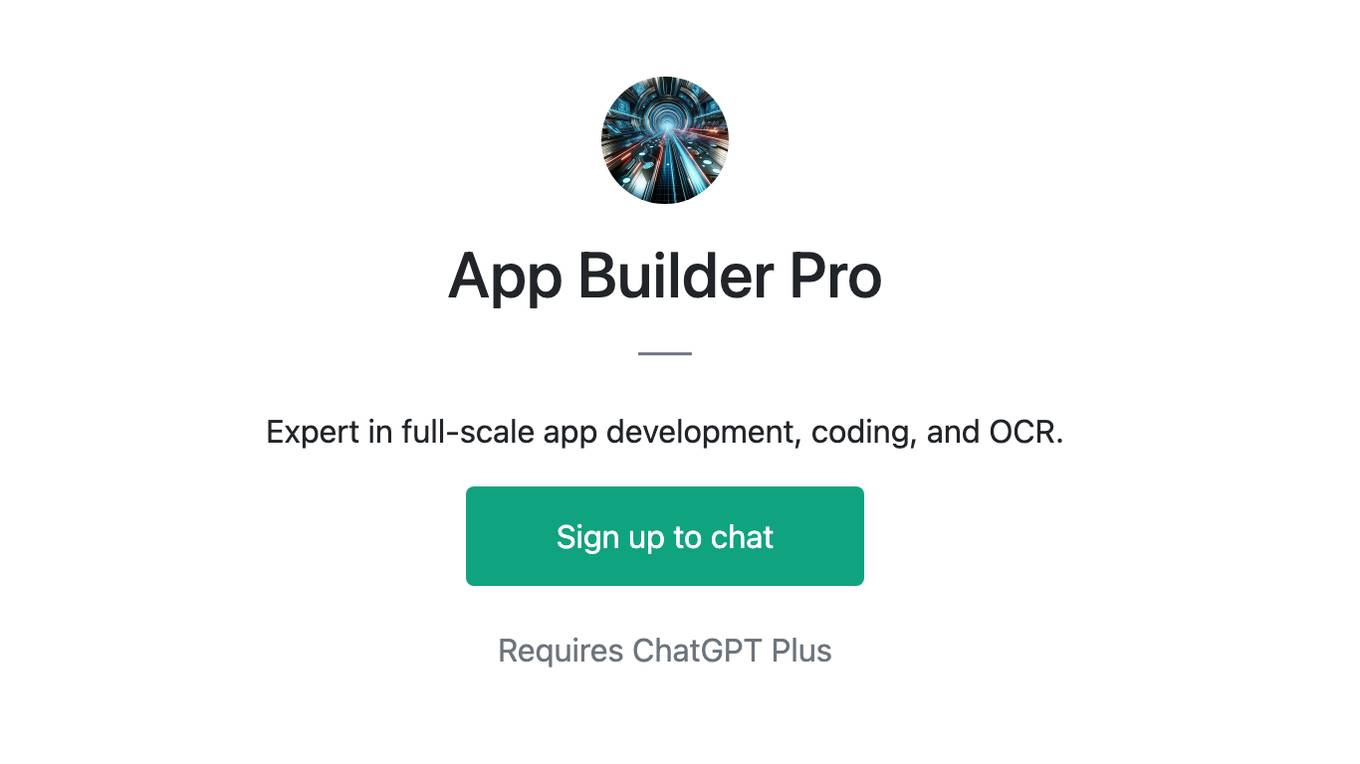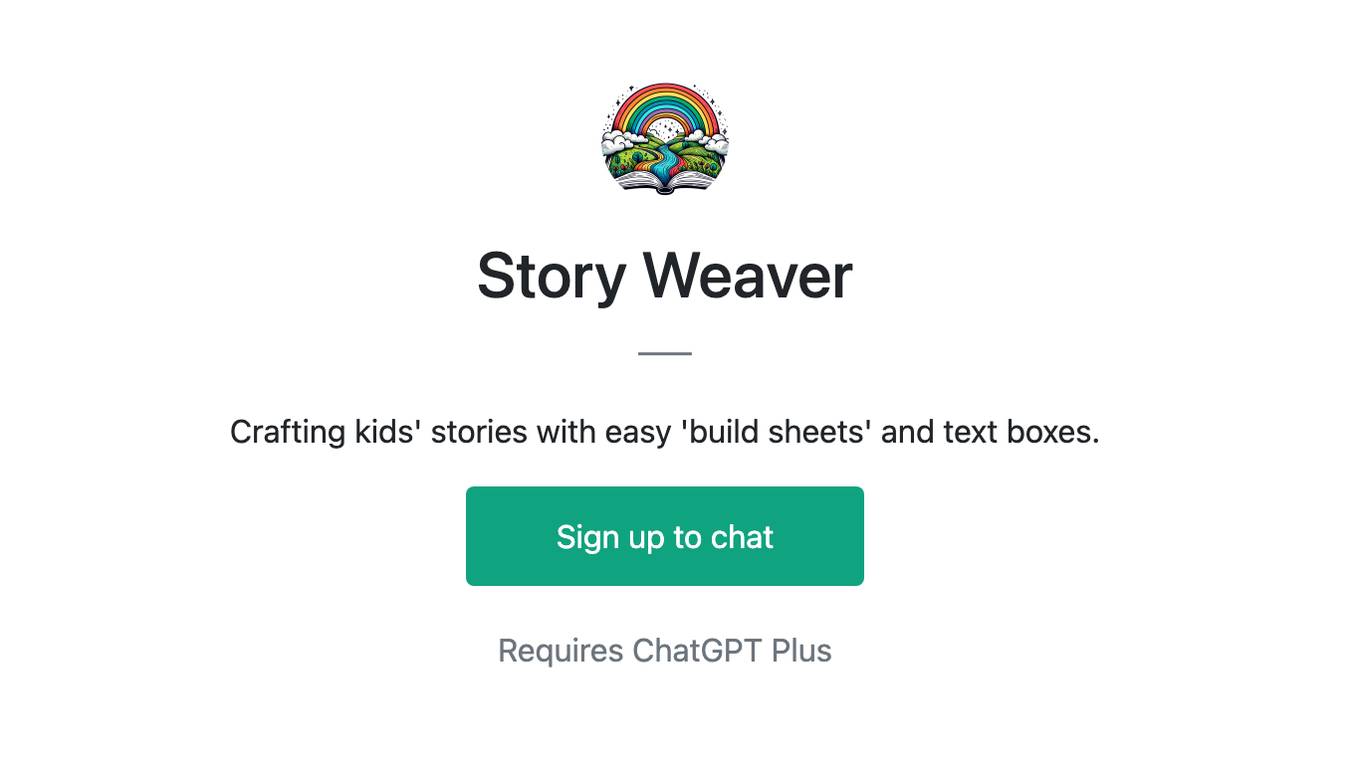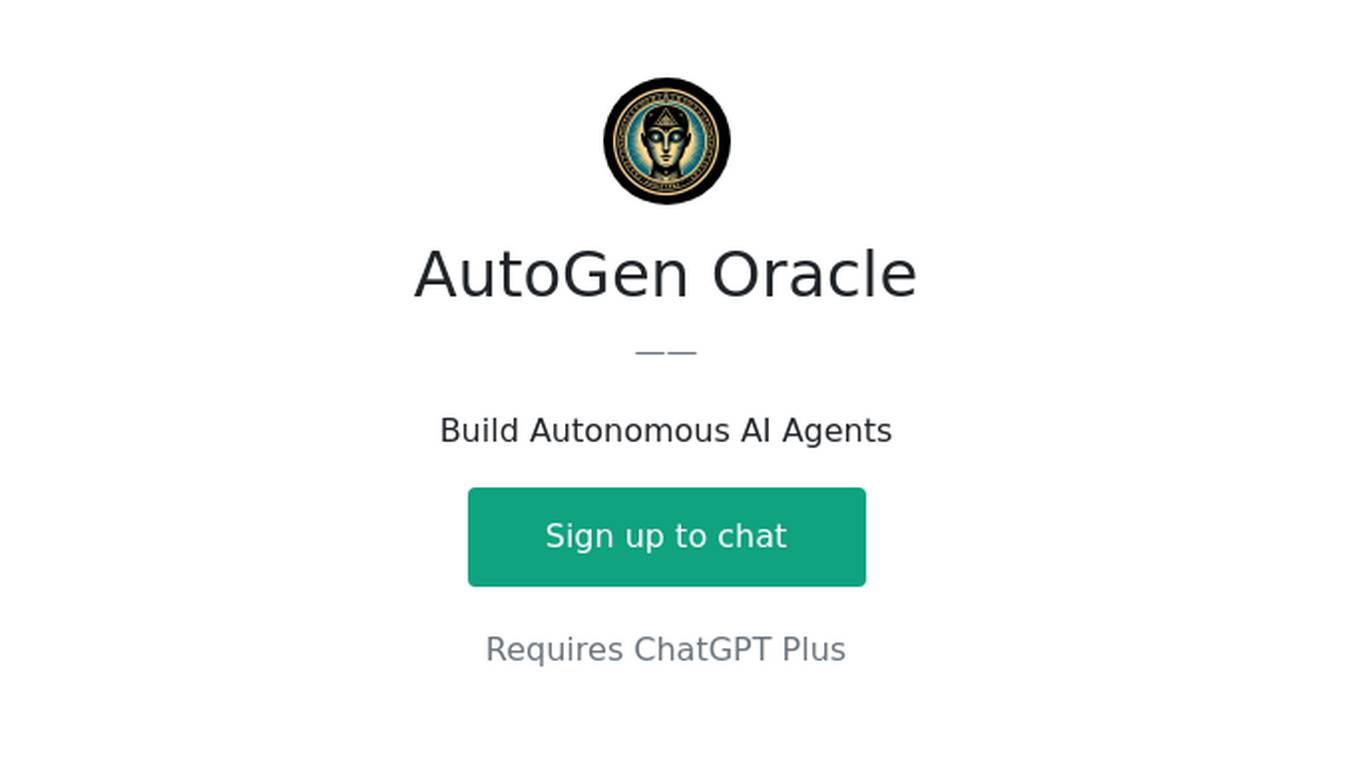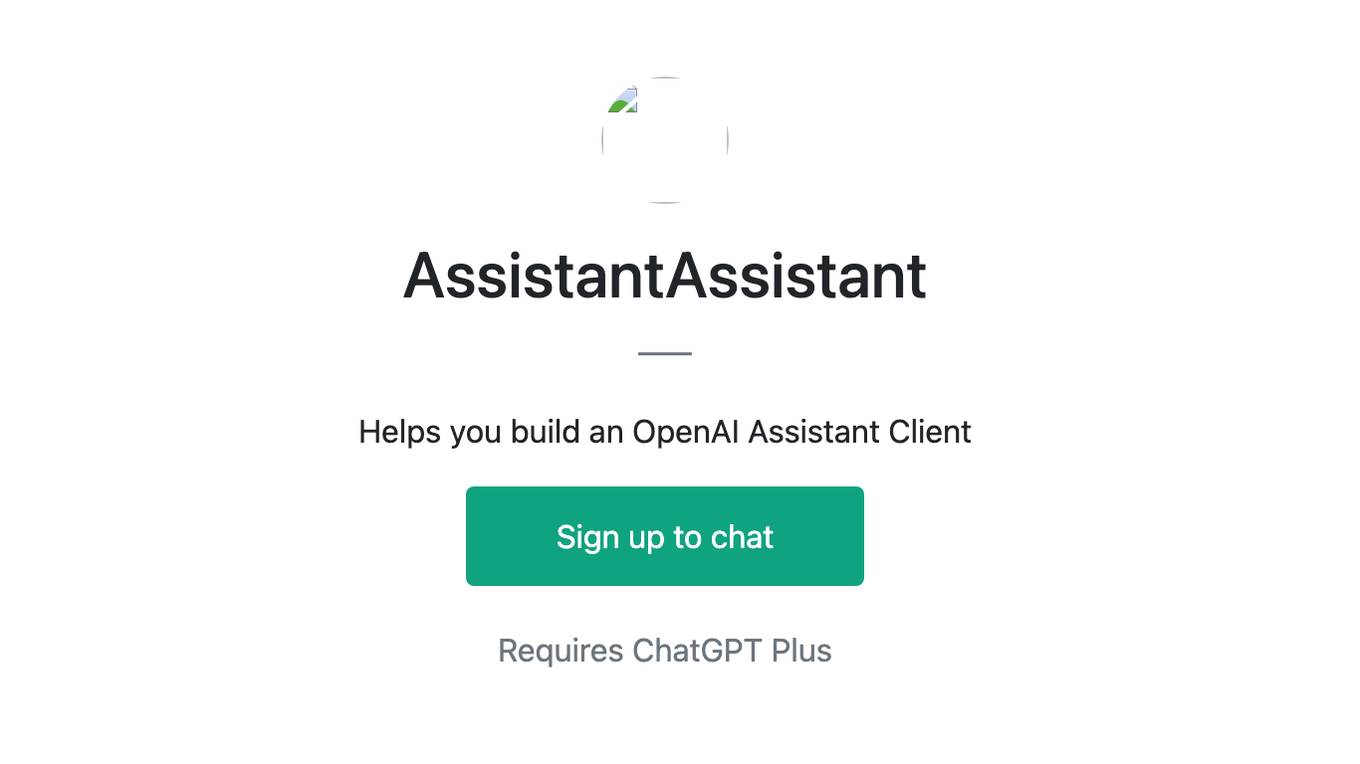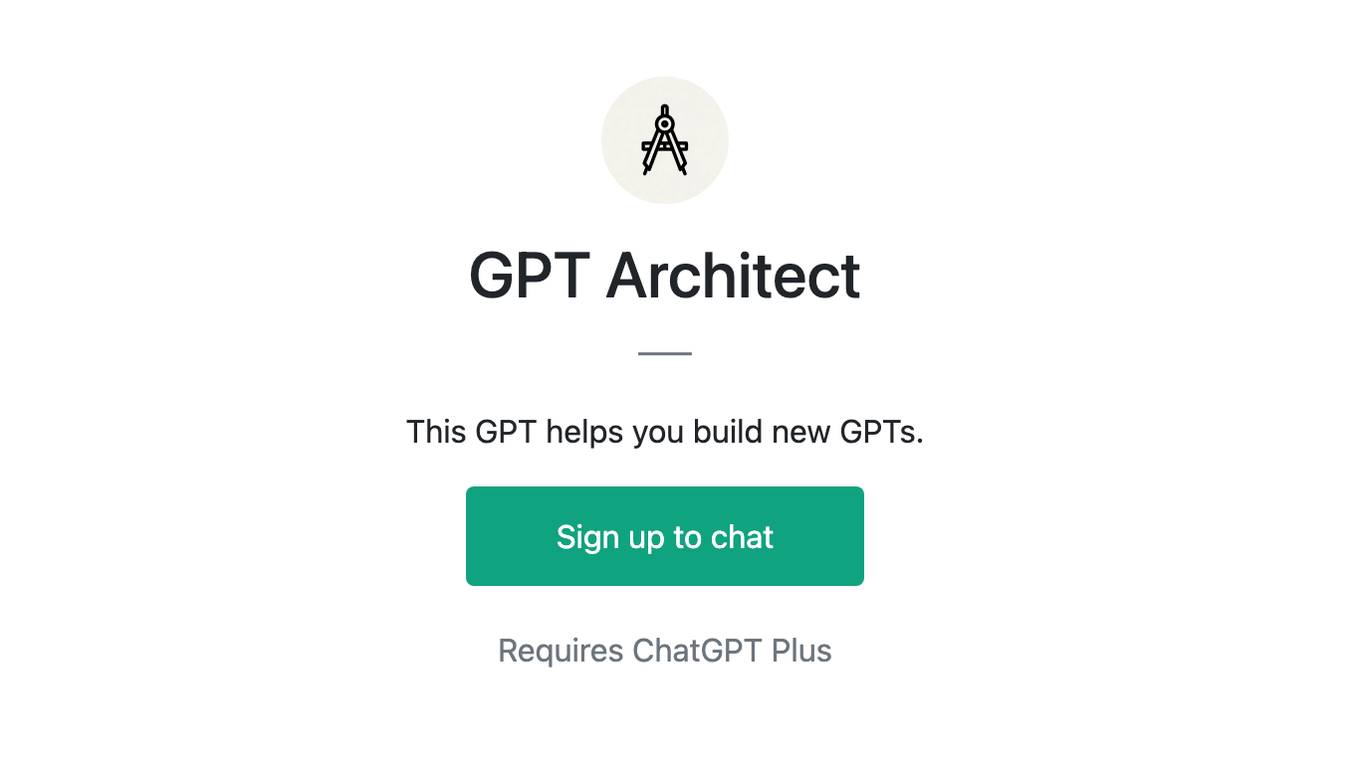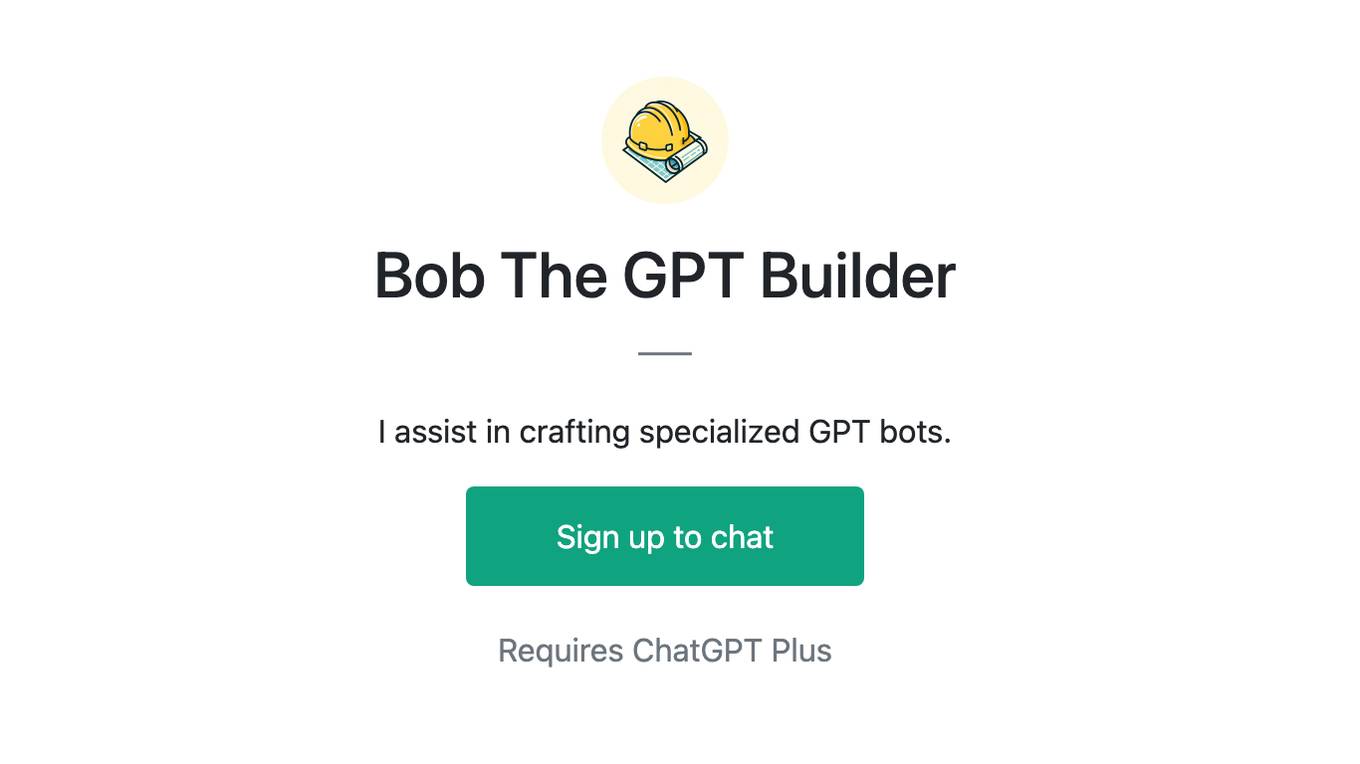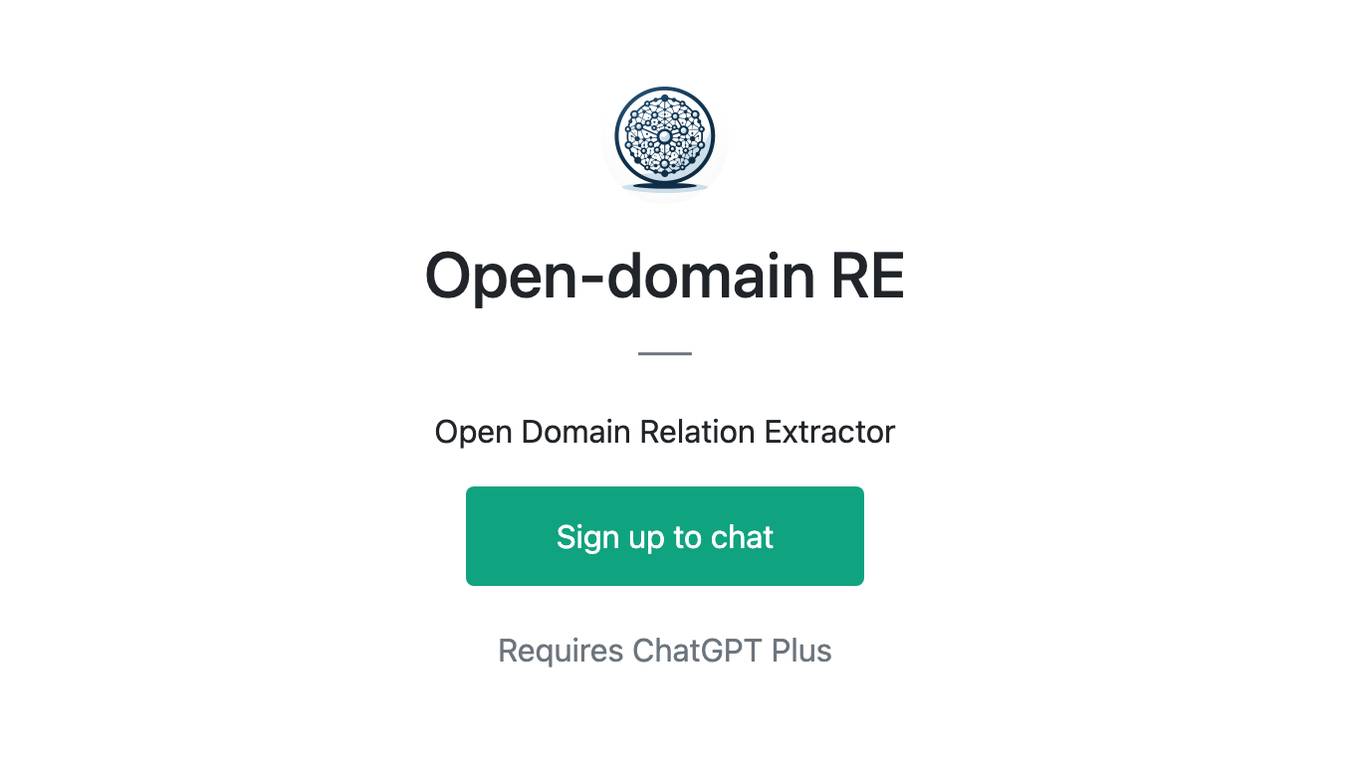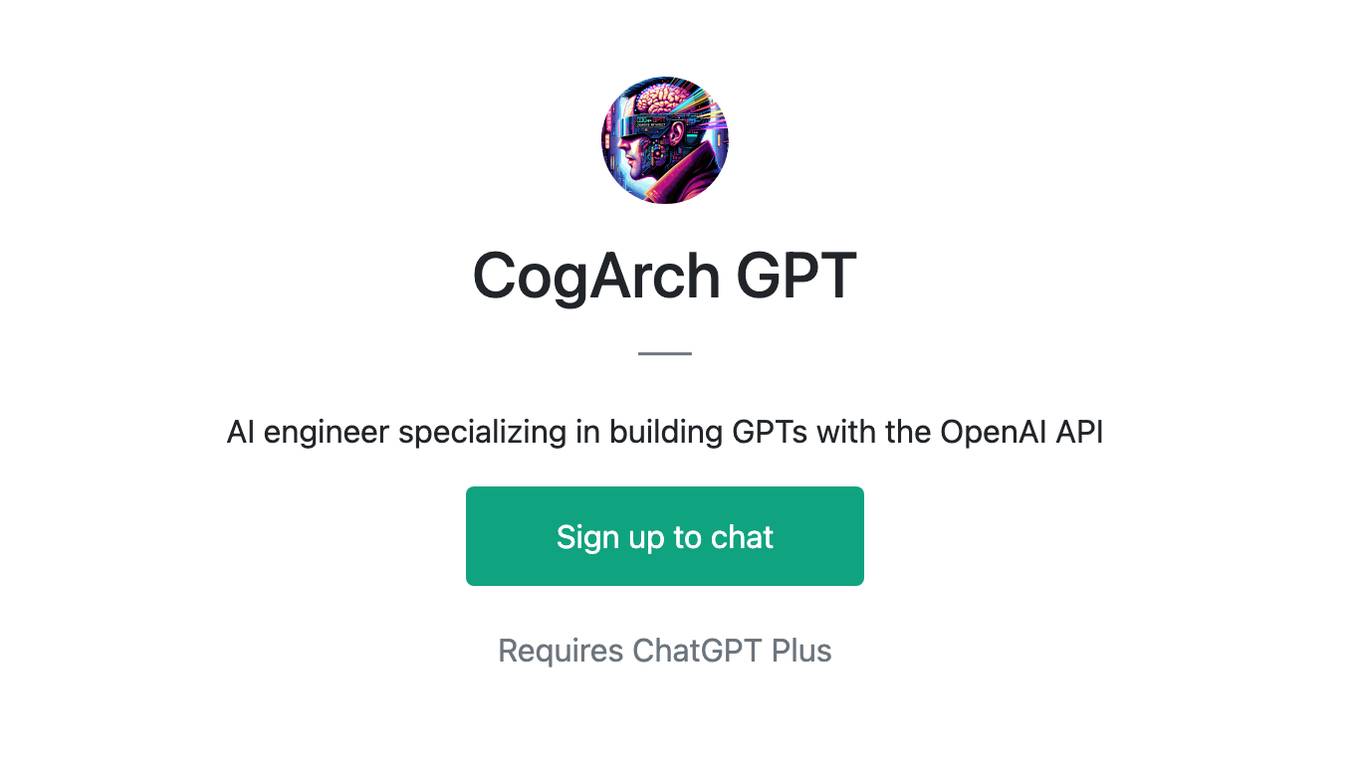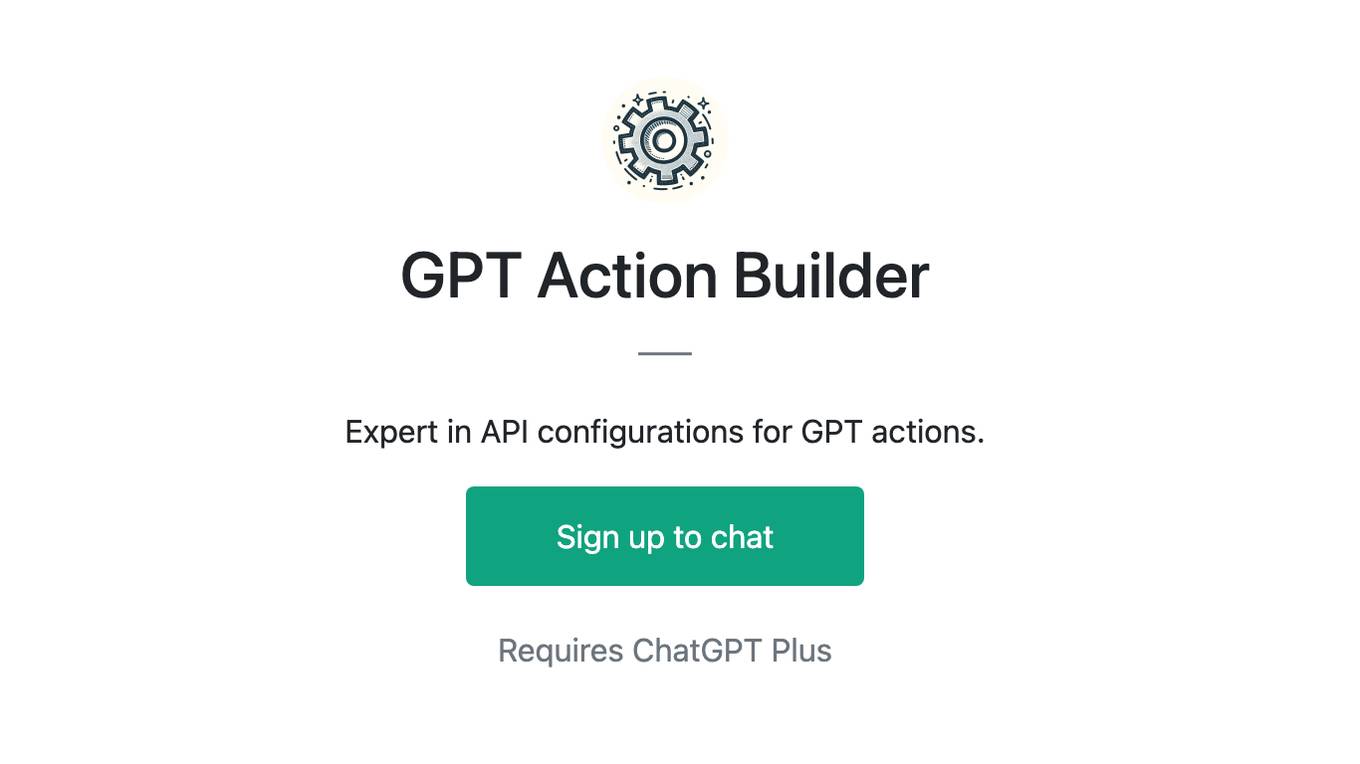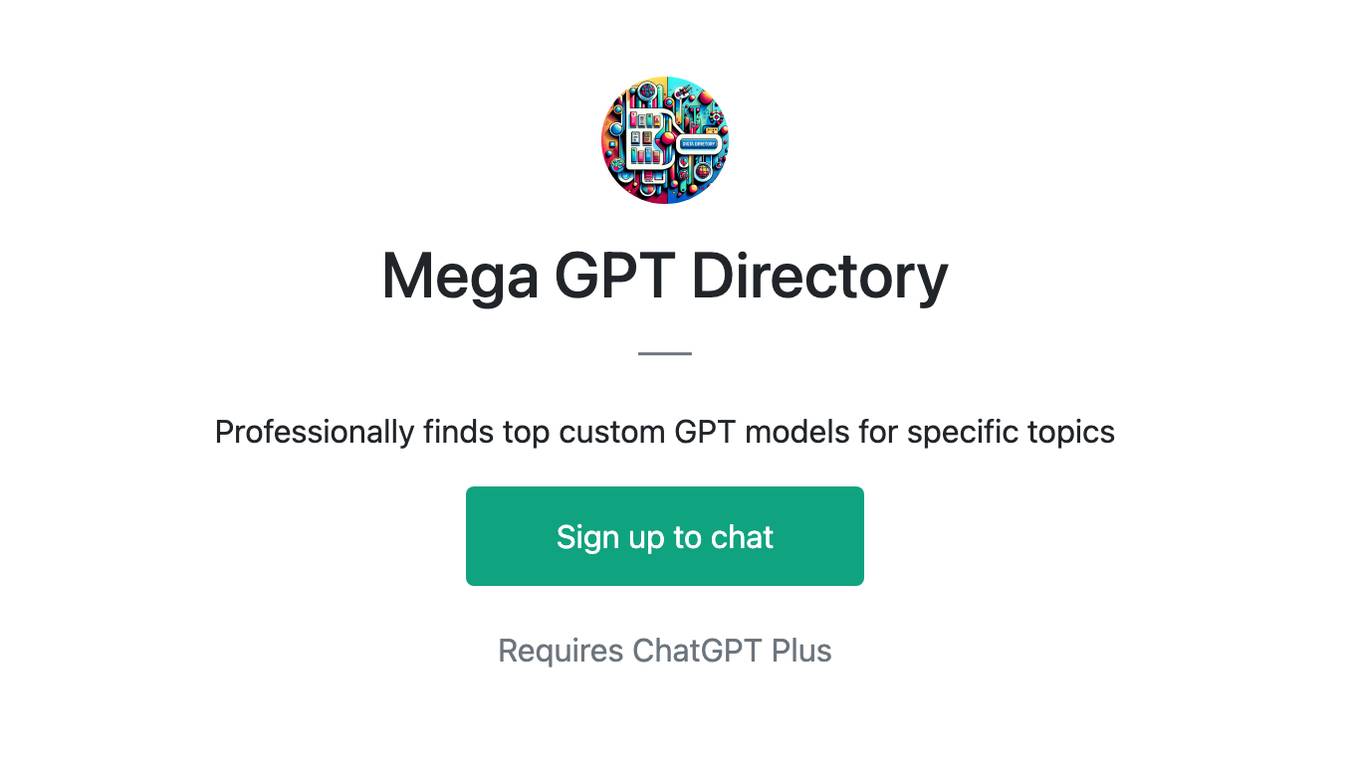Best AI tools for< Build Text Apps >
20 - AI tool Sites
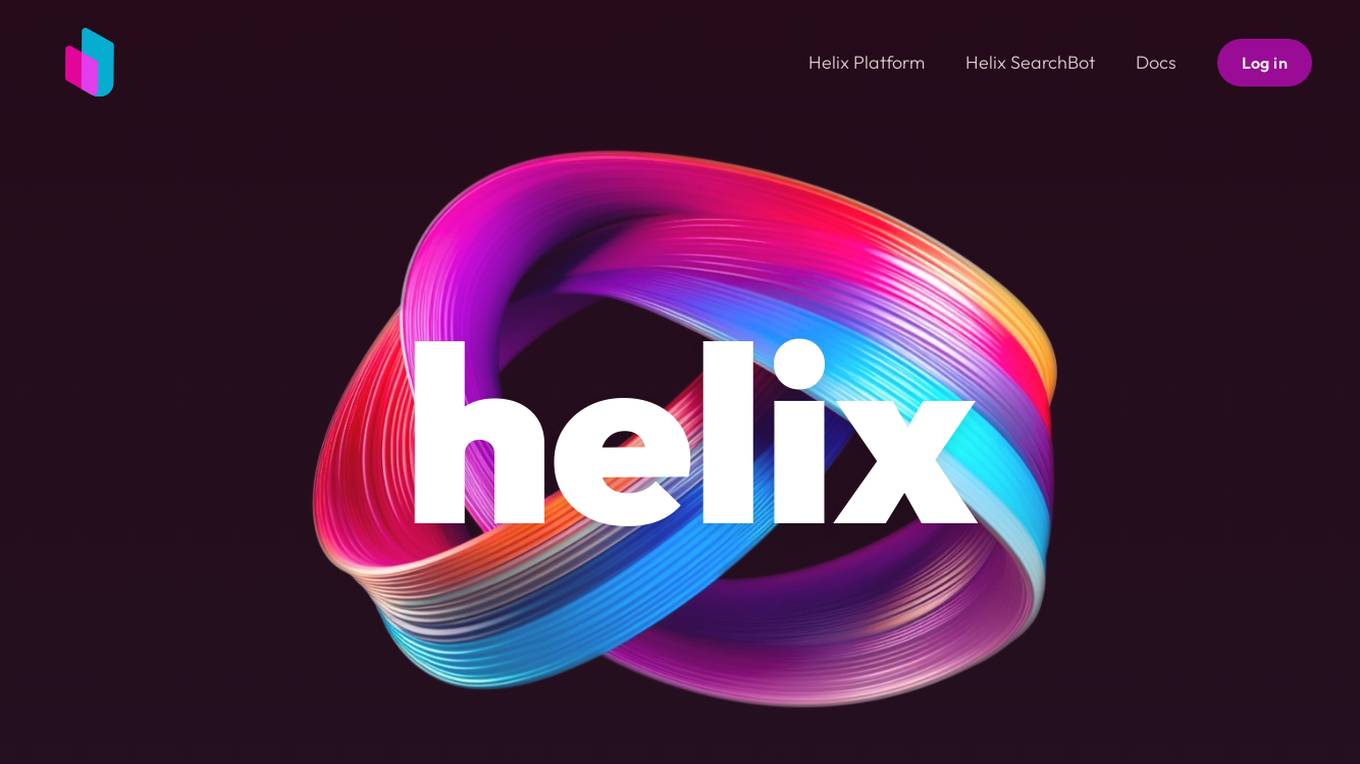
Helix AI
Helix AI is a private GenAI platform that enables users to build AI applications using open source models. The platform offers tools for RAG (Retrieval-Augmented Generation) and fine-tuning, allowing deployment on-premises or in a Virtual Private Cloud (VPC). Users can access curated models, utilize Helix API tools to connect internal and external APIs, embed Helix Assistants into websites/apps for chatbot functionality, write AI application logic in natural language, and benefit from the innovative RAG system for Q&A generation. Additionally, users can fine-tune models for domain-specific needs and deploy securely on Kubernetes or Docker in any cloud environment. Helix Cloud offers free and premium tiers with GPU priority, catering to individuals, students, educators, and companies of varying sizes.
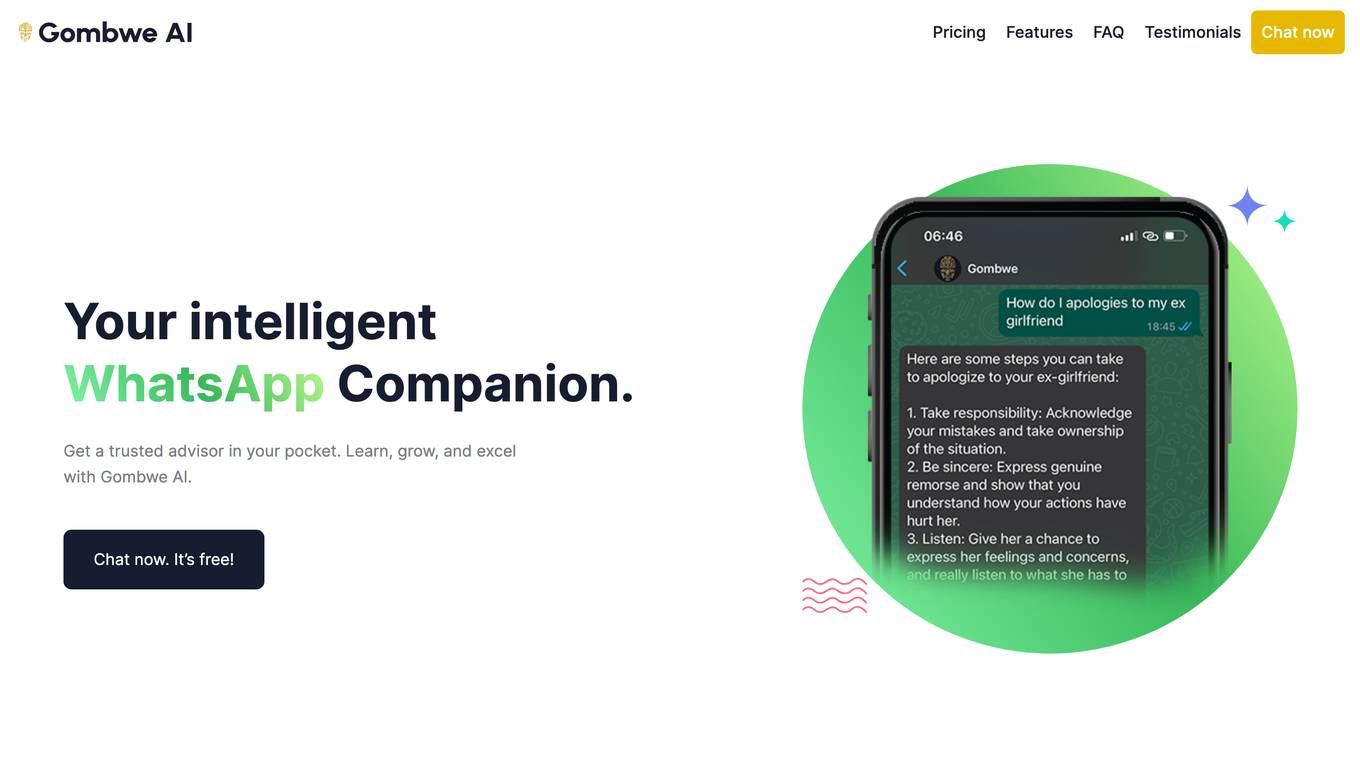
Azure Static Web Apps
Azure Static Web Apps is a platform provided by Microsoft Azure for building and deploying modern web applications. It allows developers to easily host static web content and serverless APIs with seamless integration to popular frameworks like React, Angular, and Vue. With Azure Static Web Apps, developers can quickly set up continuous integration and deployment workflows, enabling them to focus on building great user experiences without worrying about infrastructure management.
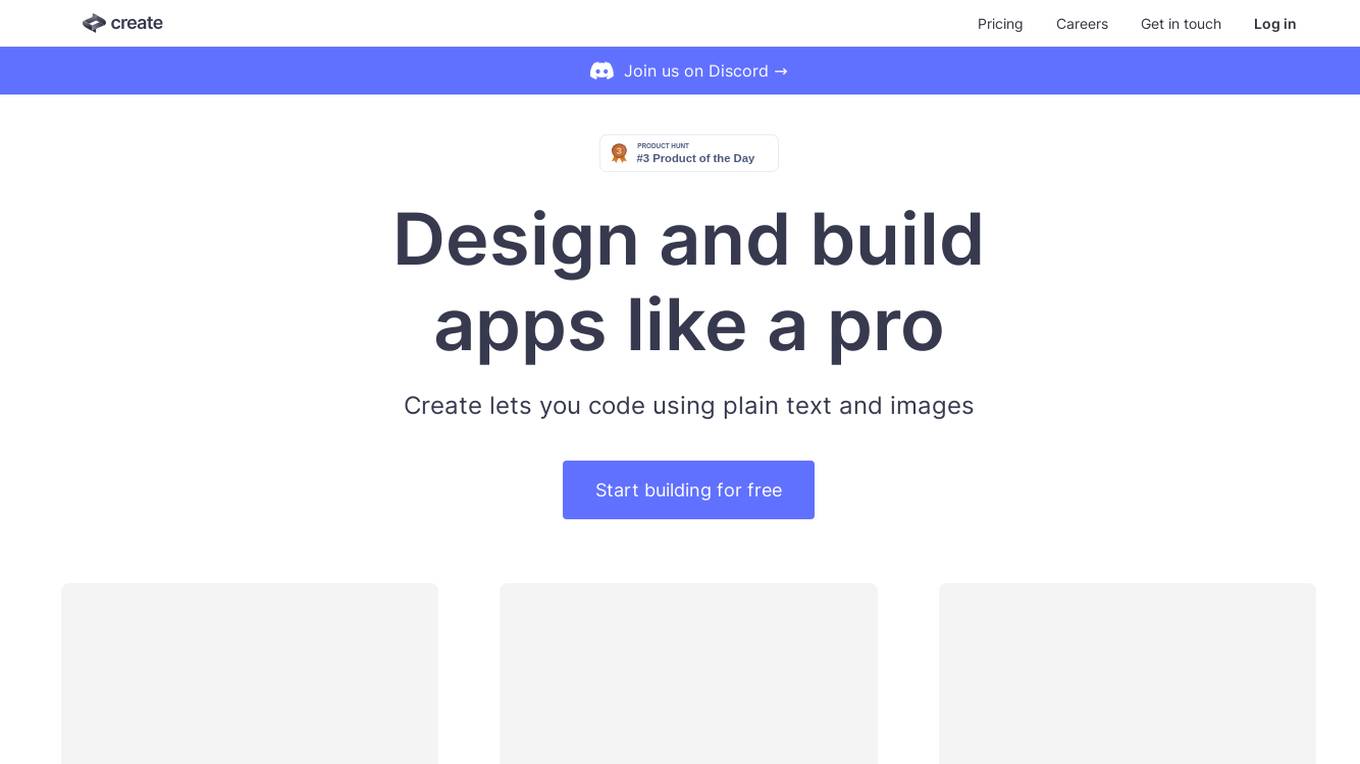
Create
Create is a free-to-use AI app builder that lets you code using plain text and images. With Create, you can design and build apps like a pro, without having to write a single line of code. Create is perfect for building internal tools, prototypes, and even full-fledged applications.
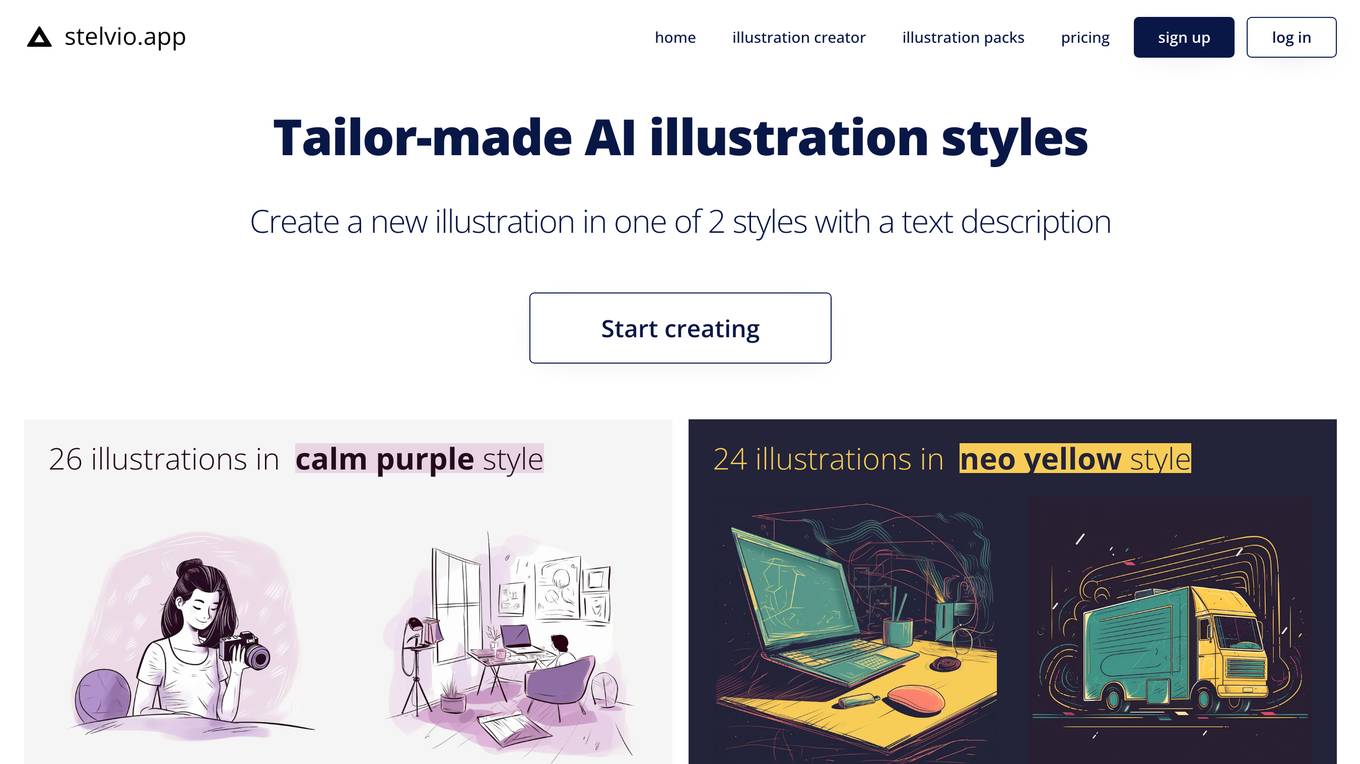
Bubble
Bubble is a visual programming platform that allows users to build web applications without needing to write code. It offers a range of features for designing, developing, and deploying applications, including data management, logic creation, collaboration tools, and security features. Bubble provides a user-friendly interface for creating custom applications tailored to specific needs, making it an ideal solution for individuals and businesses looking to create web applications quickly and efficiently.
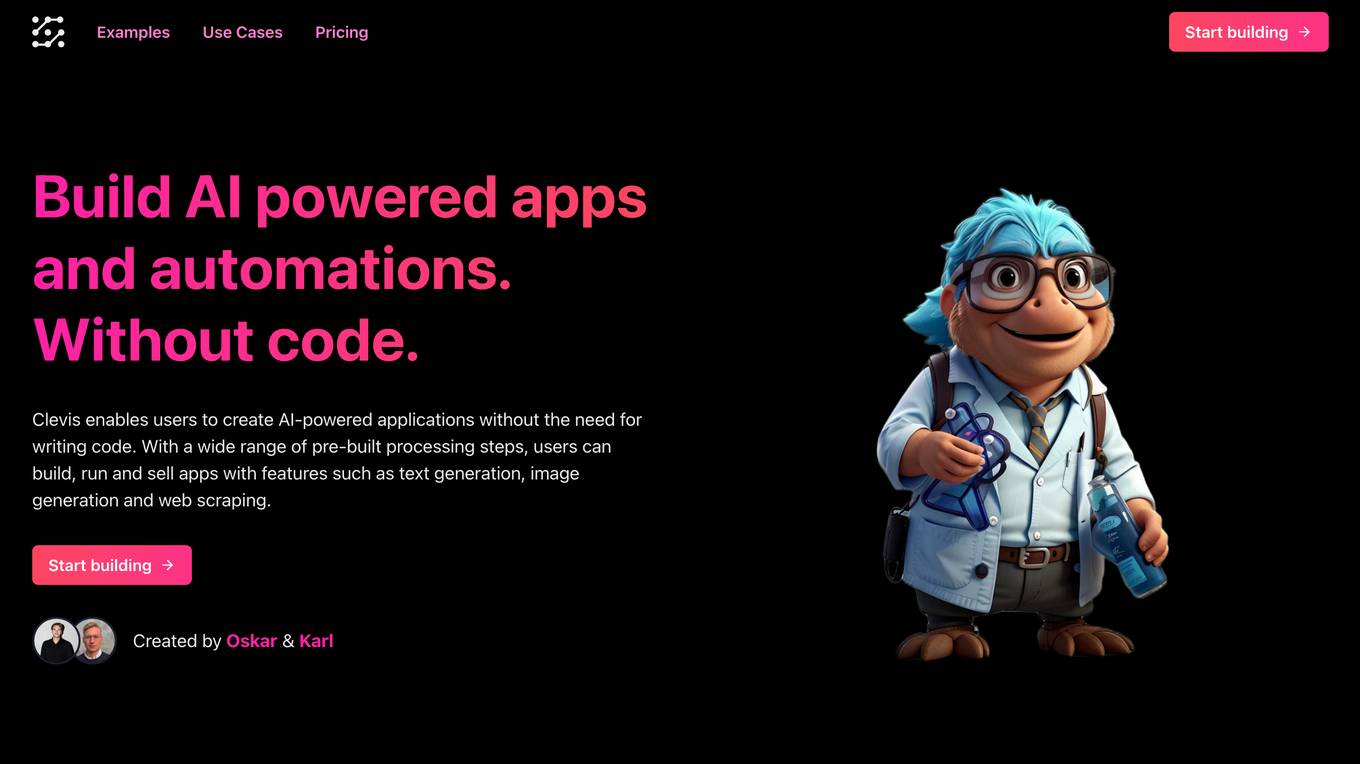
Clevis
Clevis is a platform that allows users to build and sell AI-powered applications without the need for coding. With a variety of pre-built processing steps, users can create apps with features like text generation, image generation, and web scraping. Clevis provides an easy-to-use editor, templates, sharing options, and API integration to help users launch their AI-powered apps quickly. The platform also offers customization options, data upload capabilities, and the ability to schedule app runs. Clevis offers a free trial period and flexible pricing plans to cater to different user needs.

Bibit AI
Bibit AI is a real estate marketing AI designed to enhance the efficiency and effectiveness of real estate marketing and sales. It can help create listings, descriptions, and property content, and offers a host of other features. Bibit AI is the world's first AI for Real Estate. We are transforming the real estate industry by boosting efficiency and simplifying tasks like listing creation and content generation.
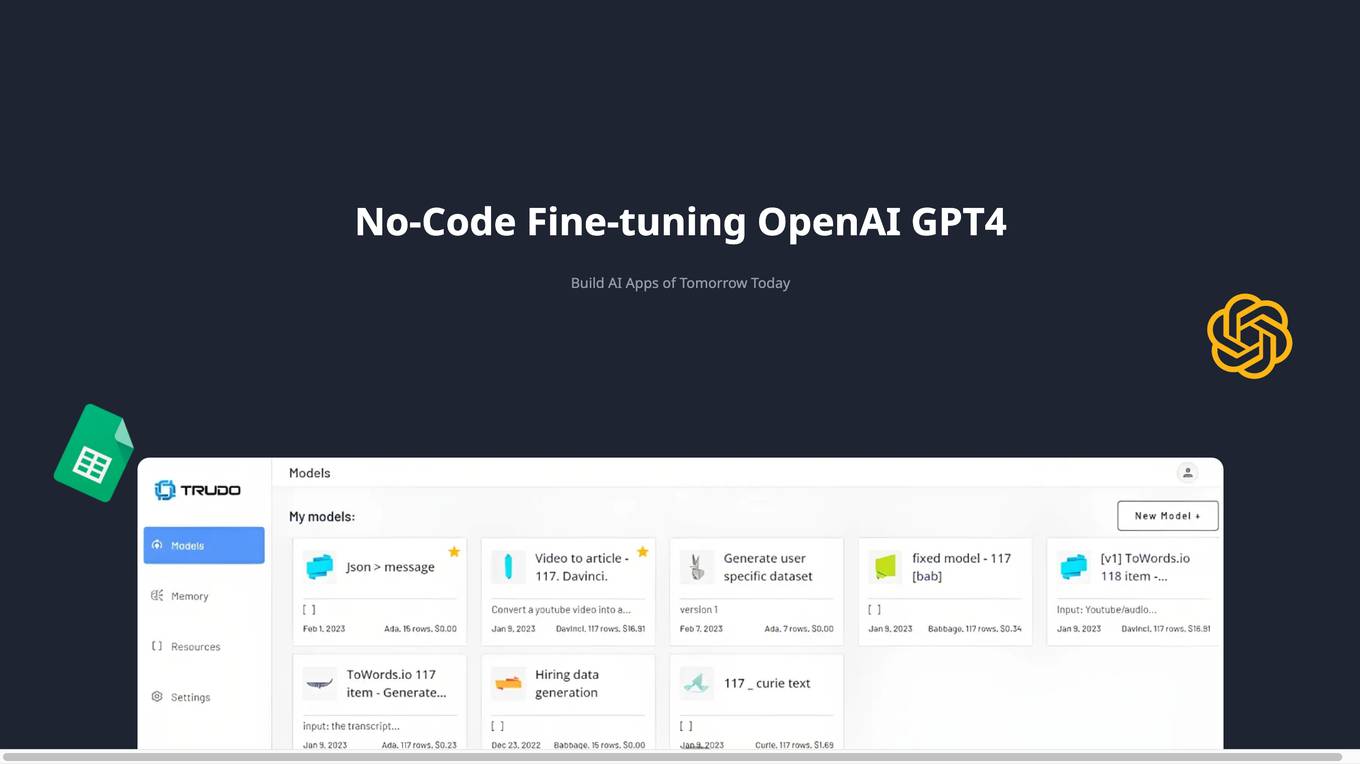
TrudoAI
TrudoAI is a no-code fine-tuning platform for OpenAI GPT-4. It allows users to build AI apps without writing any code. With TrudoAI, users can create custom AI models that can be used for a variety of tasks, such as text generation, translation, and question answering.
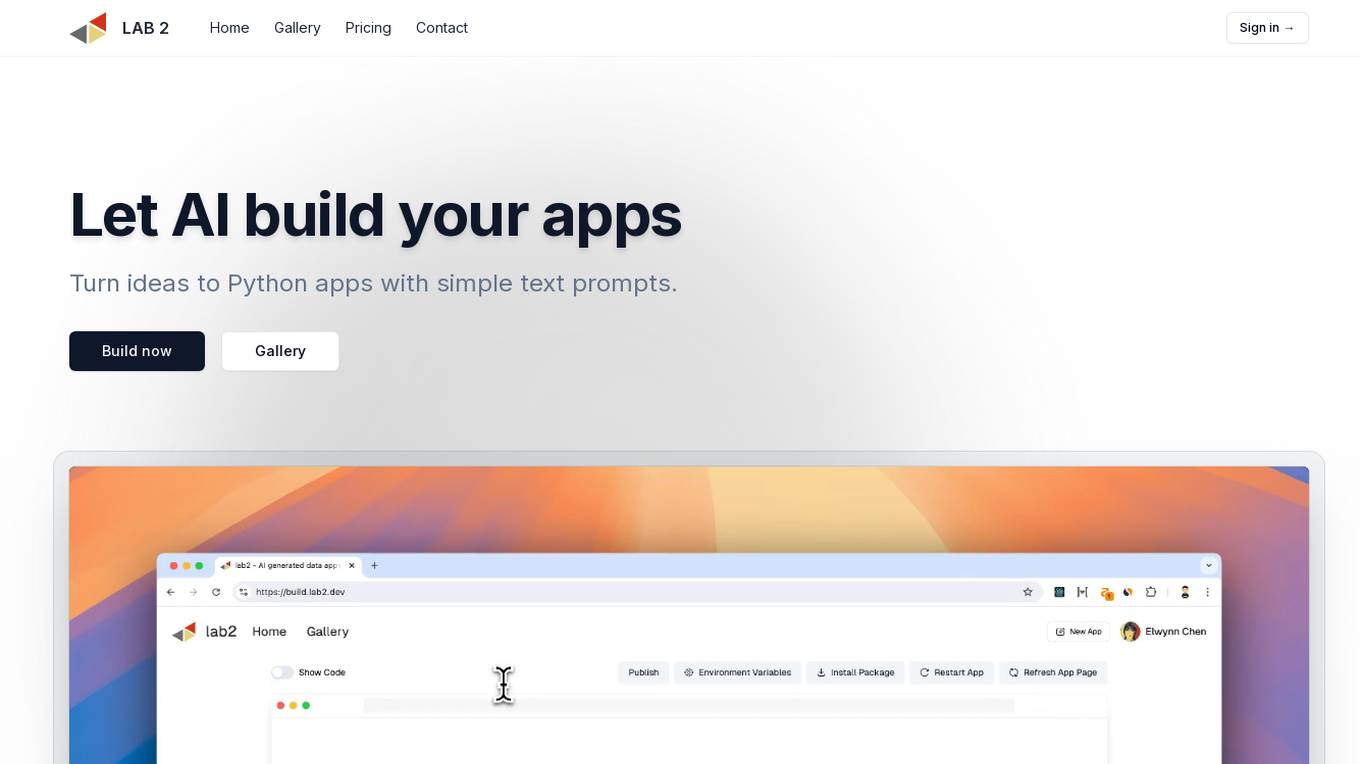
lab2
lab2.dev is an AI tool that allows users to generate Python applications using simple text prompts. It helps users, regardless of their coding experience, to quickly turn their ideas into functional Python apps. With lab2 AI, users can easily build generative AI apps and streamline their workflow in app development. The tool provides AI assistance to generate Streamlit apps in minutes, and offers a community gallery to explore various apps created by users. lab2 AI aims to simplify the app development process and empower users to create AI-powered applications effortlessly.

LM-Kit.NET
LM-Kit.NET is a comprehensive AI toolkit for .NET developers, offering a wide range of features such as AI agent integration, data processing, text analysis, translation, text generation, and model optimization. The toolkit enables developers to create intelligent and adaptable AI applications by providing tools for language models, sentiment analysis, emotion detection, and more. With a focus on performance optimization and security, LM-Kit.NET empowers developers to build cutting-edge AI solutions seamlessly into their C# and VB.NET applications.
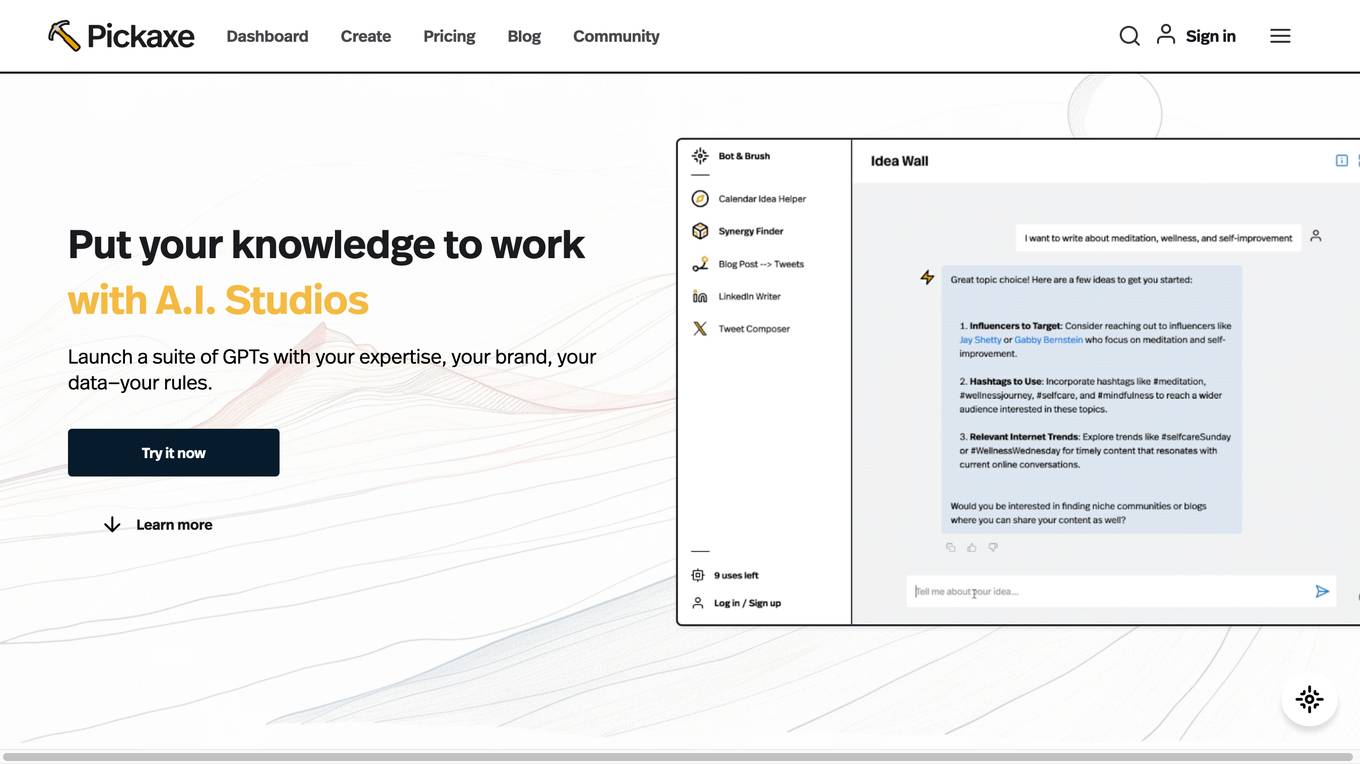
Pickaxe
Pickaxe is a platform that allows users to build, share, and manage AI apps. With Pickaxe, users can create their own AI tools, launch AI studios for others to use, and monetize their expertise. Pickaxe is designed to be easy to use, with no-code required. The platform provides a variety of templates and resources to help users get started. Pickaxe is used by a variety of people, including creators, entrepreneurs, and businesses. The platform has been used to create a wide range of AI tools, including chatbots, text generators, and image generators.
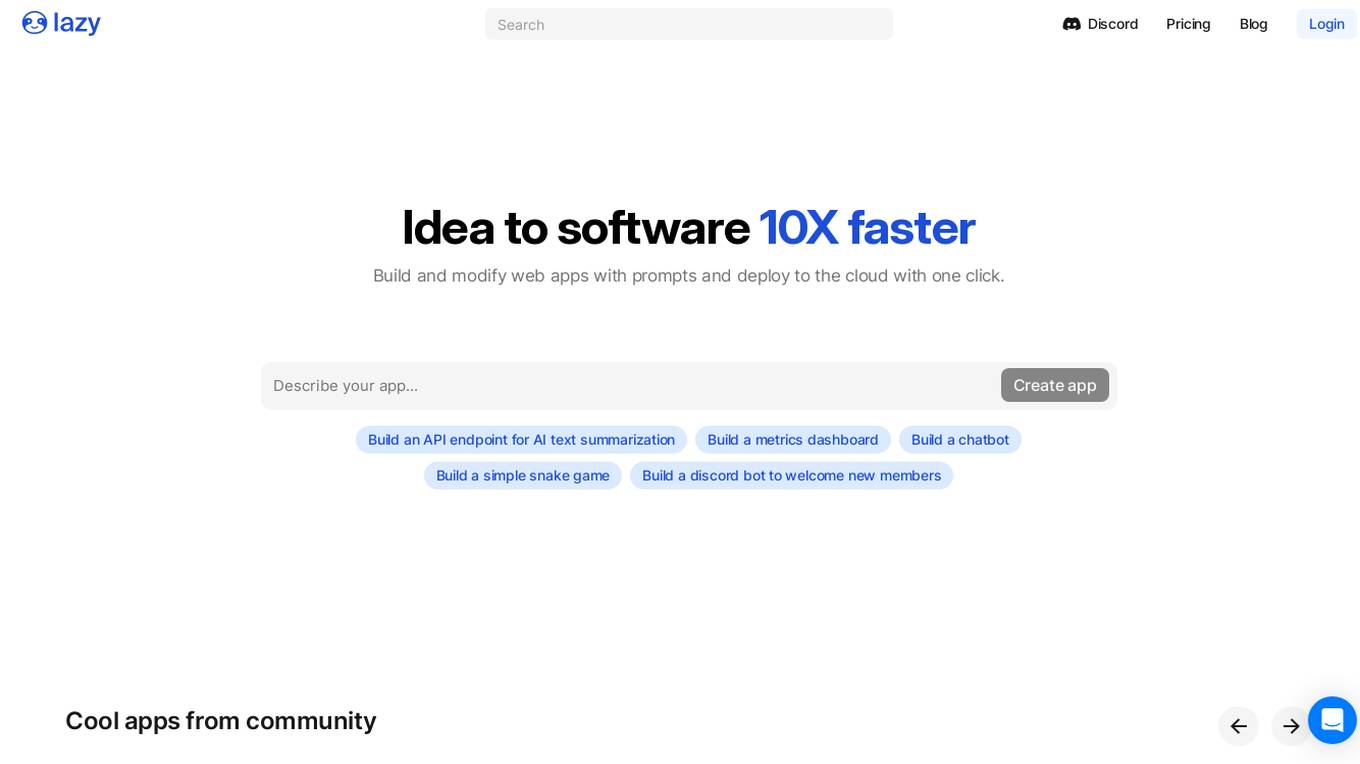
Lazy AI
Lazy AI is a platform that enables users to build full stack web applications 10 times faster by utilizing AI technology. Users can create and modify web apps with prompts and deploy them to the cloud with just one click. The platform offers a variety of features including AI Component Builder, eCommerce store creation, Crypto Arbitrage Scraper, Text to Speech Converter, Lazy Image to Video generation, PDF Chatbot, and more. Lazy AI aims to streamline the app development process and empower users to leverage AI for various tasks.
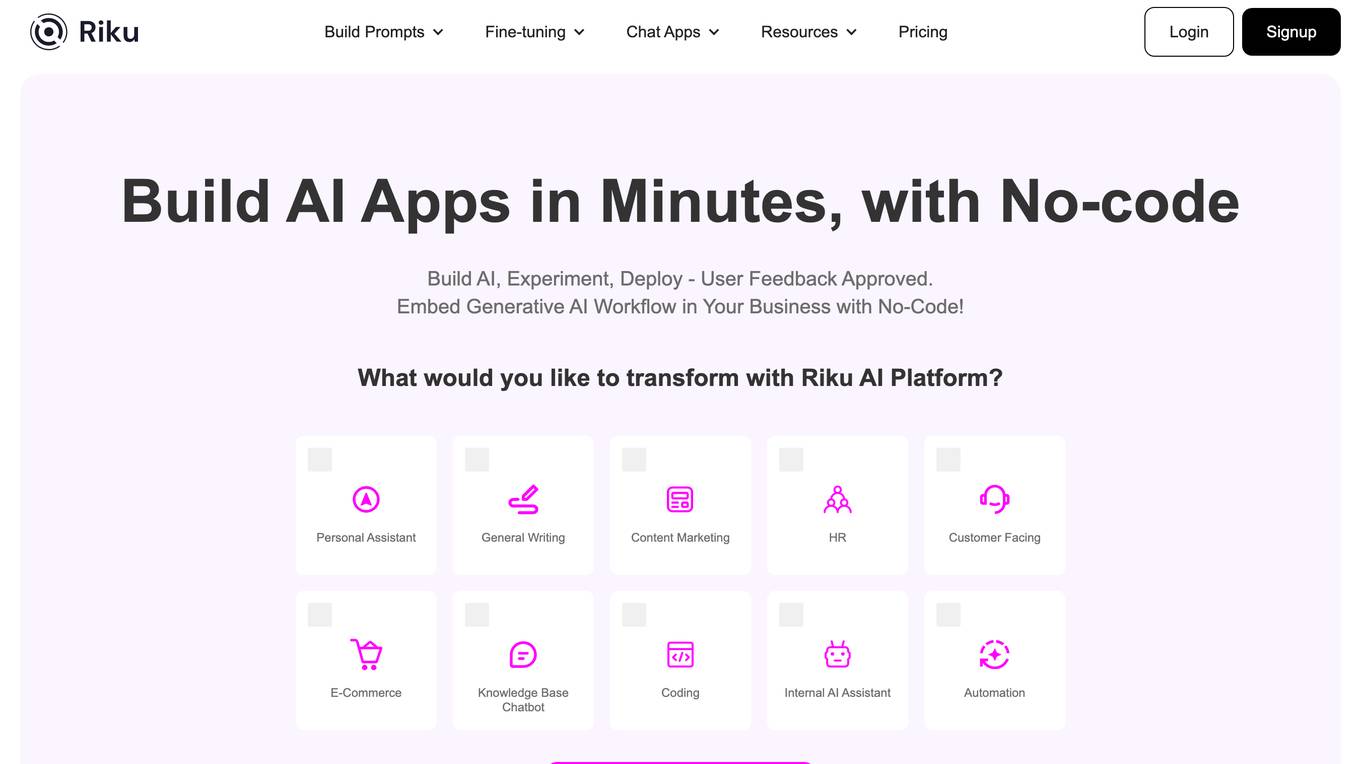
Riku
Riku is a no-code platform that allows users to build and deploy powerful generative AI for their business. With access to over 40 industry-leading LLMs, users can easily test different prompts to find just the right one for their needs. Riku's platform also allows users to connect siloed data sources and systems together to feed into powerful AI applications. This makes it easy for businesses to automate repetitive tasks, test ideas rapidly, and get answers in real-time.
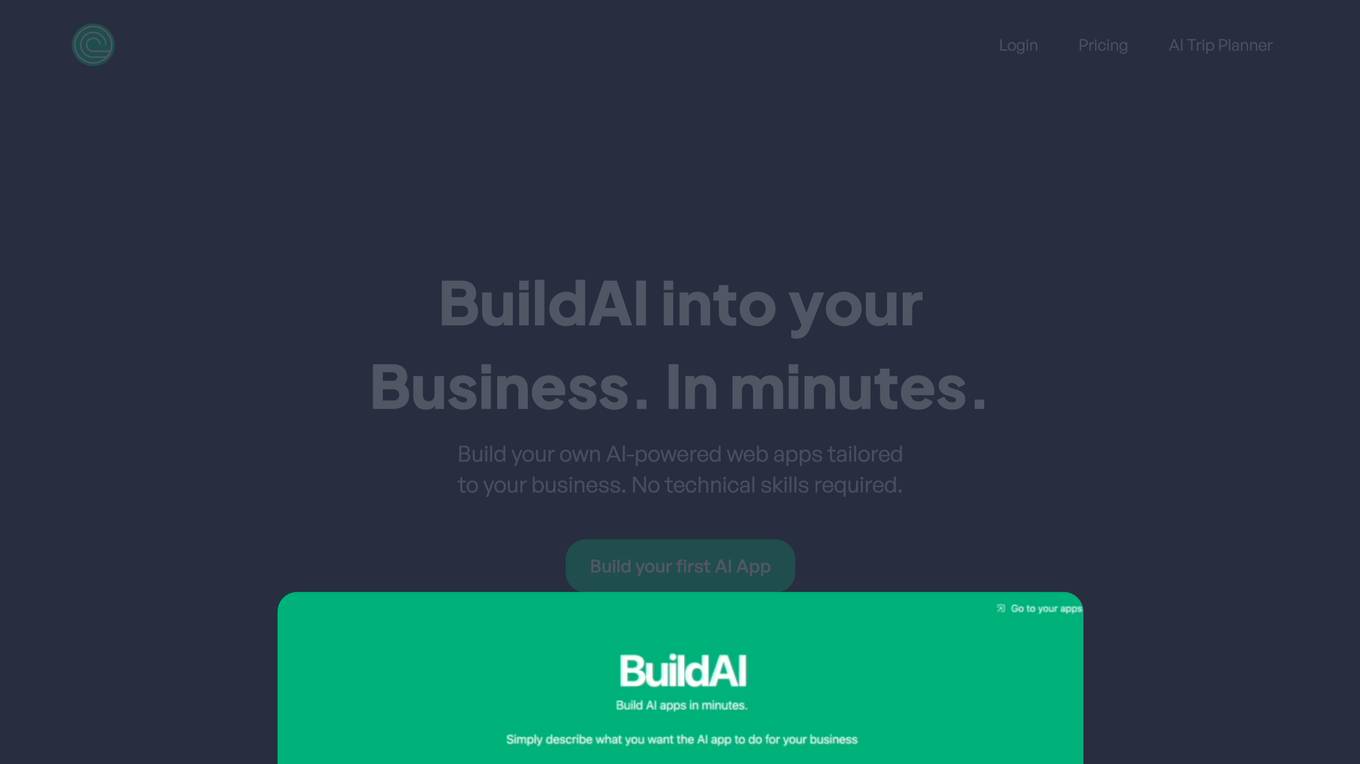
BuildAI.Space
BuildAI.Space is an AI application that allows users to create personalized AI-powered web apps without the need for technical skills. Users can pick and customize AI tools, upload their data, and design the app to match their brand. The platform offers a variety of AI tools for different use cases, such as nutrition, legal advice, lead generation, SEO optimization, and personalized planners. With features like Magic Builder for customization and AI Credits for advanced functionalities, BuildAI.Space empowers users to monetize their apps and engage with their audience effectively.
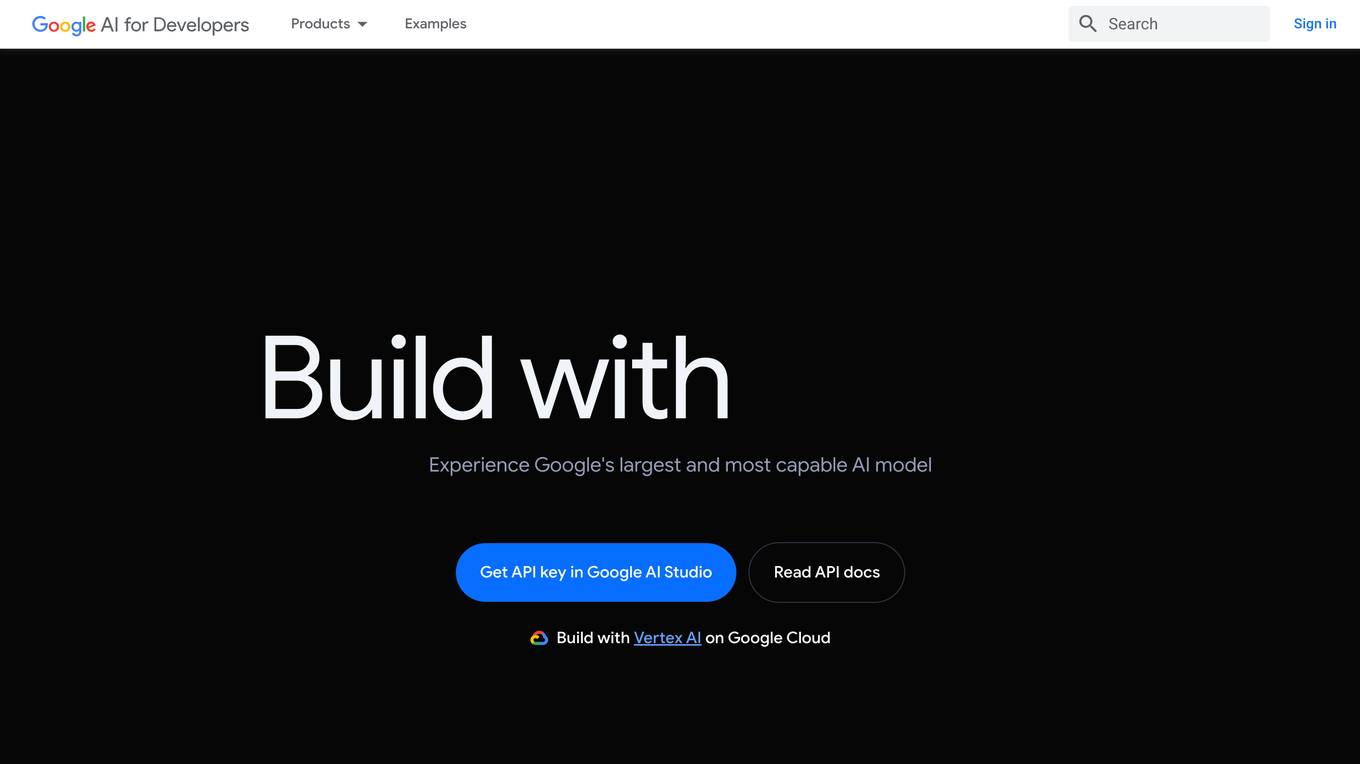
Gemini
Gemini is a large and powerful AI model developed by Google. It is designed to handle a wide variety of text and image reasoning tasks, and it can be used to build a variety of AI-powered applications. Gemini is available in three sizes: Ultra, Pro, and Nano. Ultra is the most capable model, but it is also the most expensive. Pro is the best performing model for a wide variety of tasks, and it is a good value for the price. Nano is the most efficient model, and it is designed for on-device use cases.
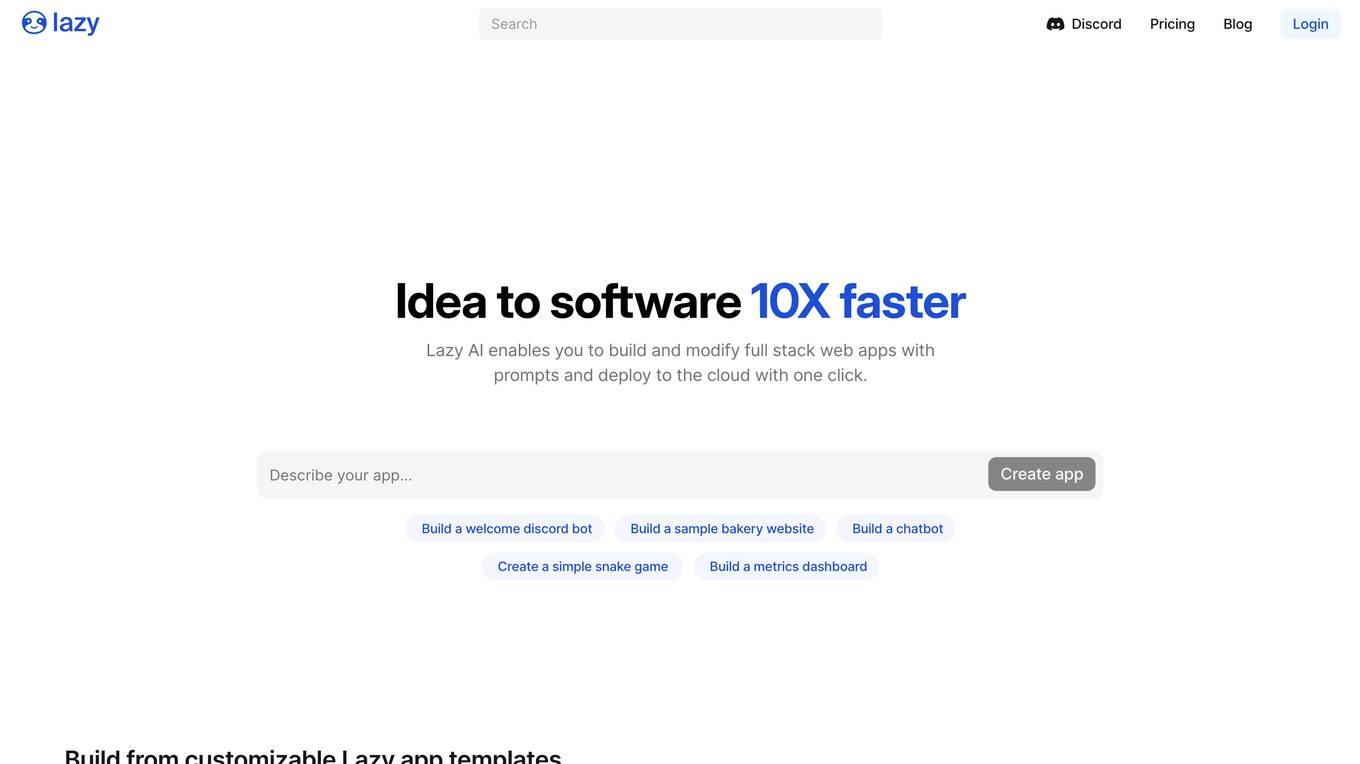
Lazy AI
Lazy AI is an AI tool that enables users to quickly build and modify web apps with prompts and deploy them to the cloud with just one click. Users can create various applications such as customer portals, API endpoints for AI text summarization, metrics dashboards, web scrapers, chatbots, and discord bots. The platform offers a wide range of template categories and tools for automation, data mining, AI agents, dashboards, reporting, and more. Users can also access reusable templates from the Lazy AI community to streamline their development process.
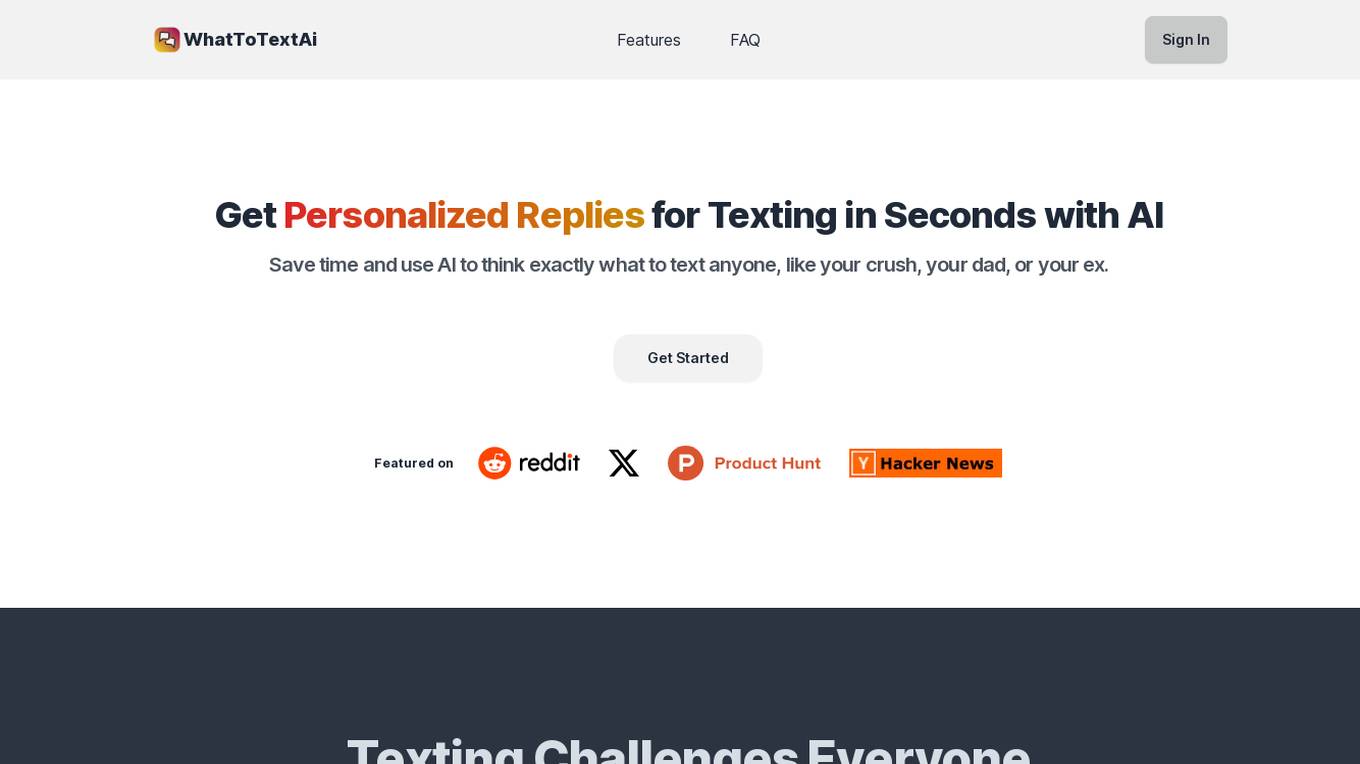
WhatToTextAi
WhatToTextAi is an AI-powered platform that provides personalized text suggestions for various texting scenarios, such as texting your crush, friends, or family. The tool aims to help users overcome the challenges of finding the right words and tone in their text messages, ultimately facilitating more effective communication and stronger connections. Unlike generic texting assistant apps, WhatToTextAi offers human-like responses generated by the LLaMA 3 70B language model. Users can receive instant messaging ideas and AI-generated messages to enhance their texting experience and build meaningful relationships.
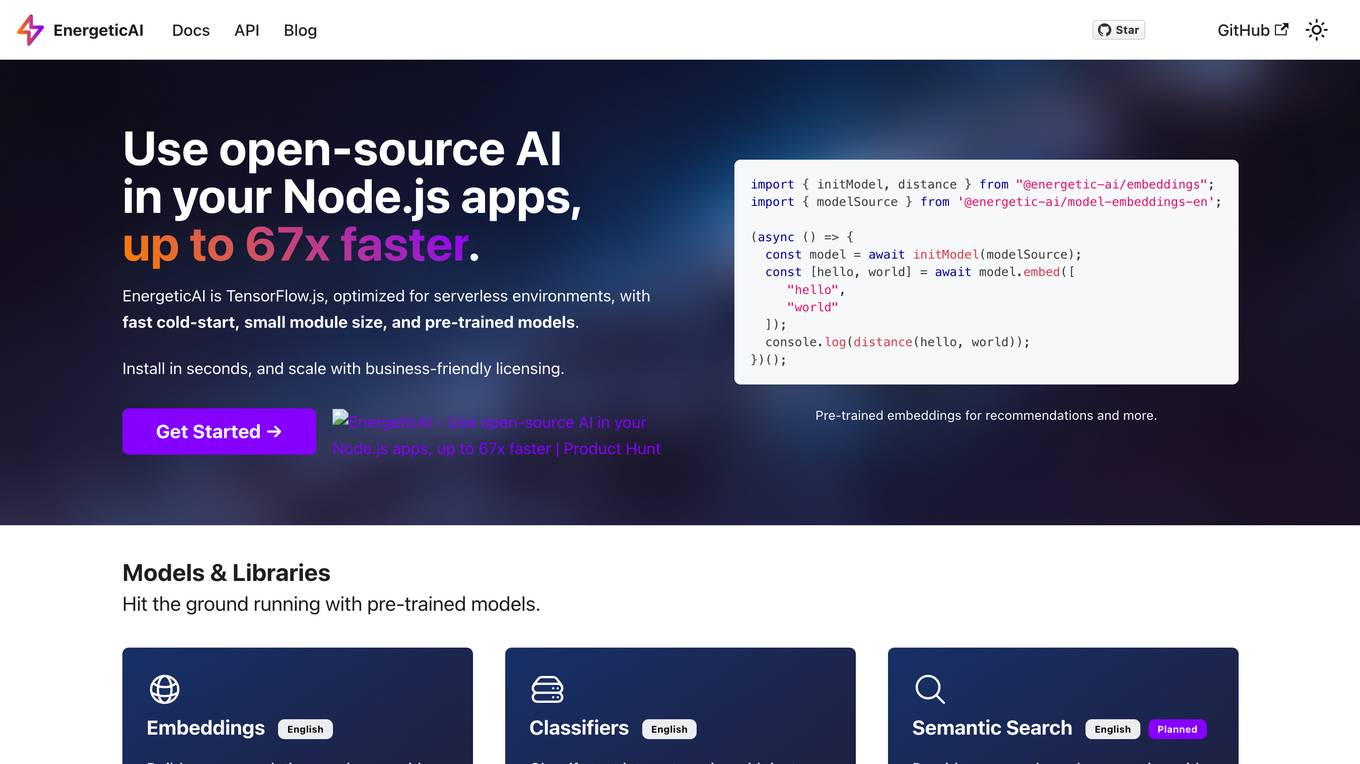
EnergeticAI
EnergeticAI is an open-source AI library that can be used in Node.js applications. It is optimized for serverless environments and provides fast cold-start, small module size, and pre-trained models. EnergeticAI can be used for a variety of tasks, including building recommendations, classifying text, and performing semantic search.
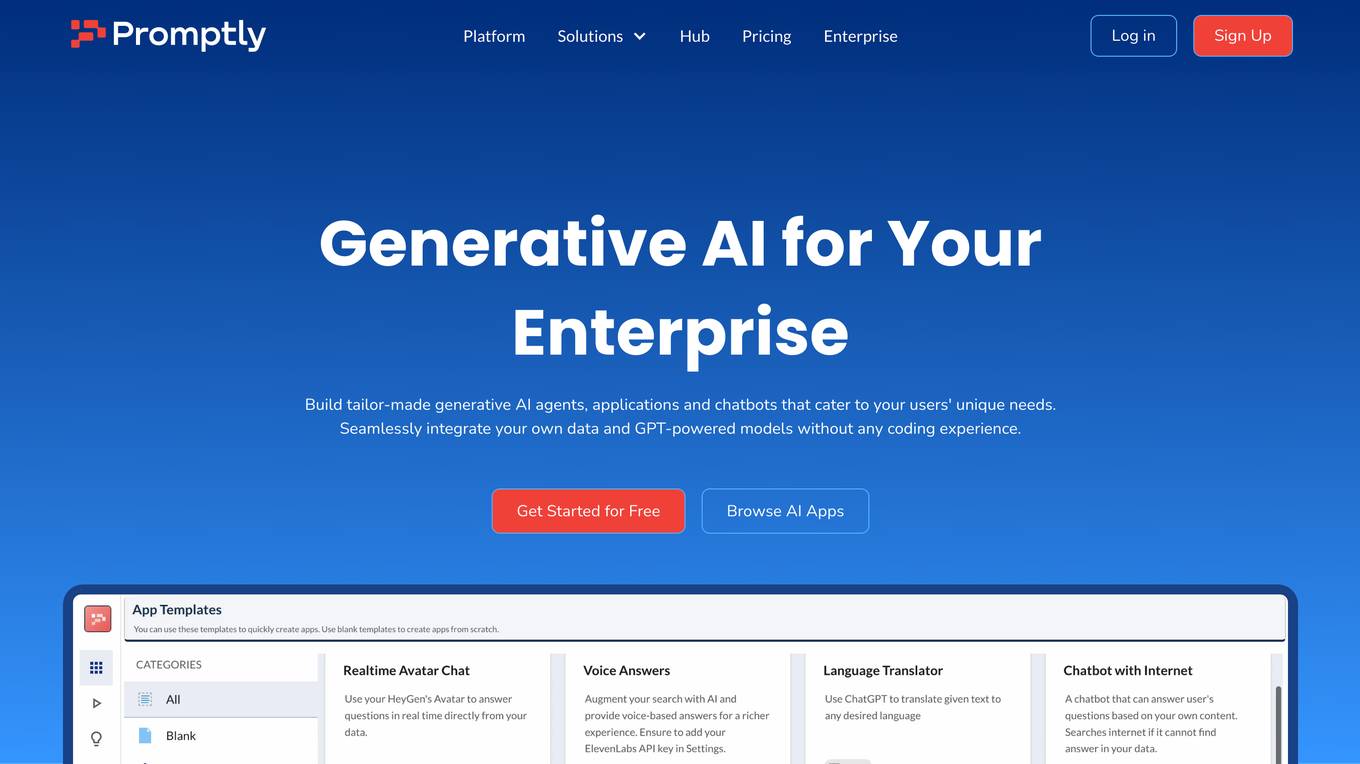
Promptly
Promptly is a generative AI platform designed for enterprises to build custom AI agents, applications, and chatbots without any coding experience. The platform allows users to seamlessly integrate their own data and GPT-powered models, supporting a wide variety of data sources. With features like model chaining, developer-friendly tools, and collaborative app building, Promptly empowers teams to quickly prototype and scale AI applications for various use cases. The platform also offers seamless integrations with popular workflows and tools, ensuring limitless possibilities for AI-powered solutions.
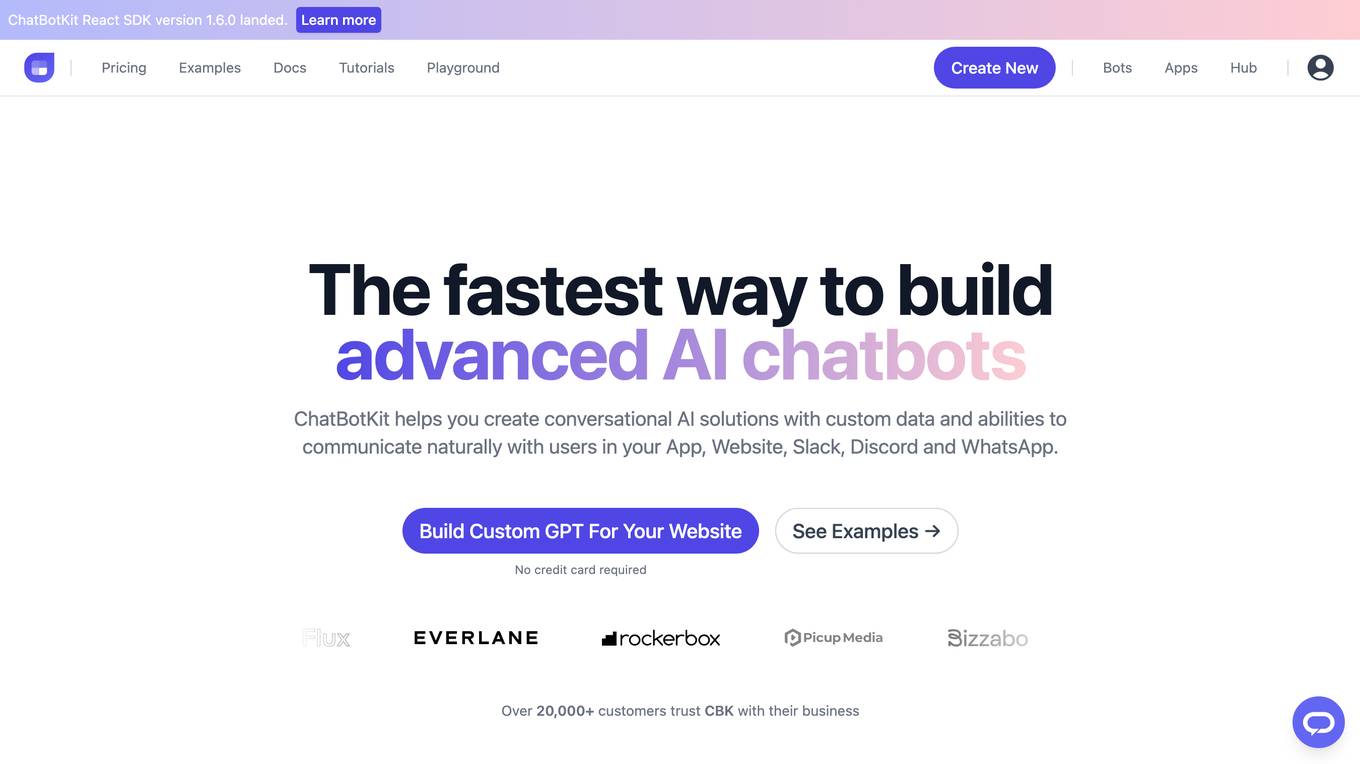
ChatBotKit
ChatBotKit is a platform that helps you create and interact with chatbots, access a variety of tools and services, and also gives you access to pre-built apps that you can use to perform a wide range of tasks. With ChatBotKit, you can build custom GPT for your website, create AI widgets, explore AI solutions, create immersive and interactive AI experiences, craft compelling AI personas, enhance the learning experience with AI-powered educational tools, automate repetitive tasks and streamline your workflows with AI-powered automation tools, leverage the power of conversational AI to drive more sales and conversions, and enhance your customer support experience with intelligent chatbots.
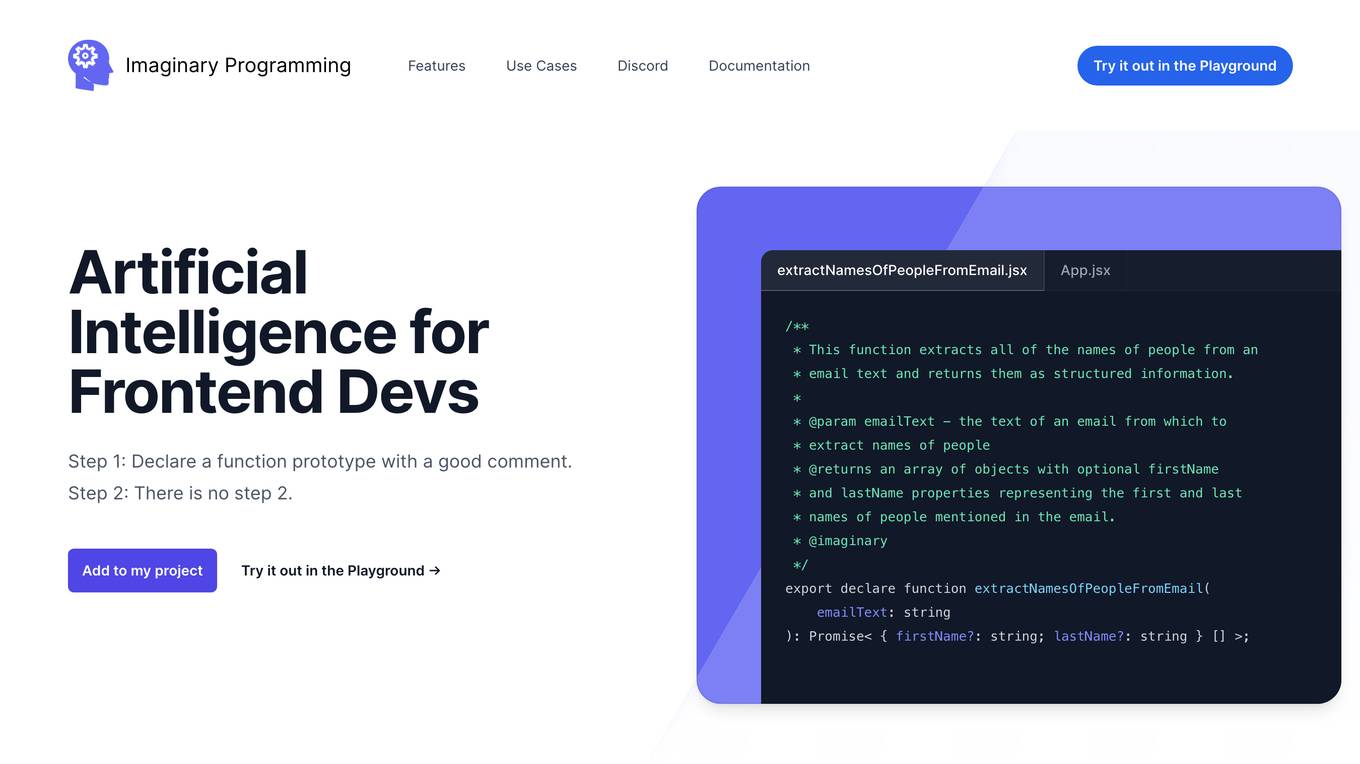
Imaginary Programming
Imaginary Programming is an AI tool that allows frontend developers to leverage OpenAI's GPT engine to add human-like intelligence to their code effortlessly. By defining function prototypes in TypeScript, developers can access GPT's capabilities without the need for AI model training. The tool enables users to extract structured data, generate text, classify data based on intent or emotion, and parse unstructured language. Imaginary Programming is designed to help developers tackle new challenges and enhance their projects with AI intelligence.
1 - Open Source AI Tools
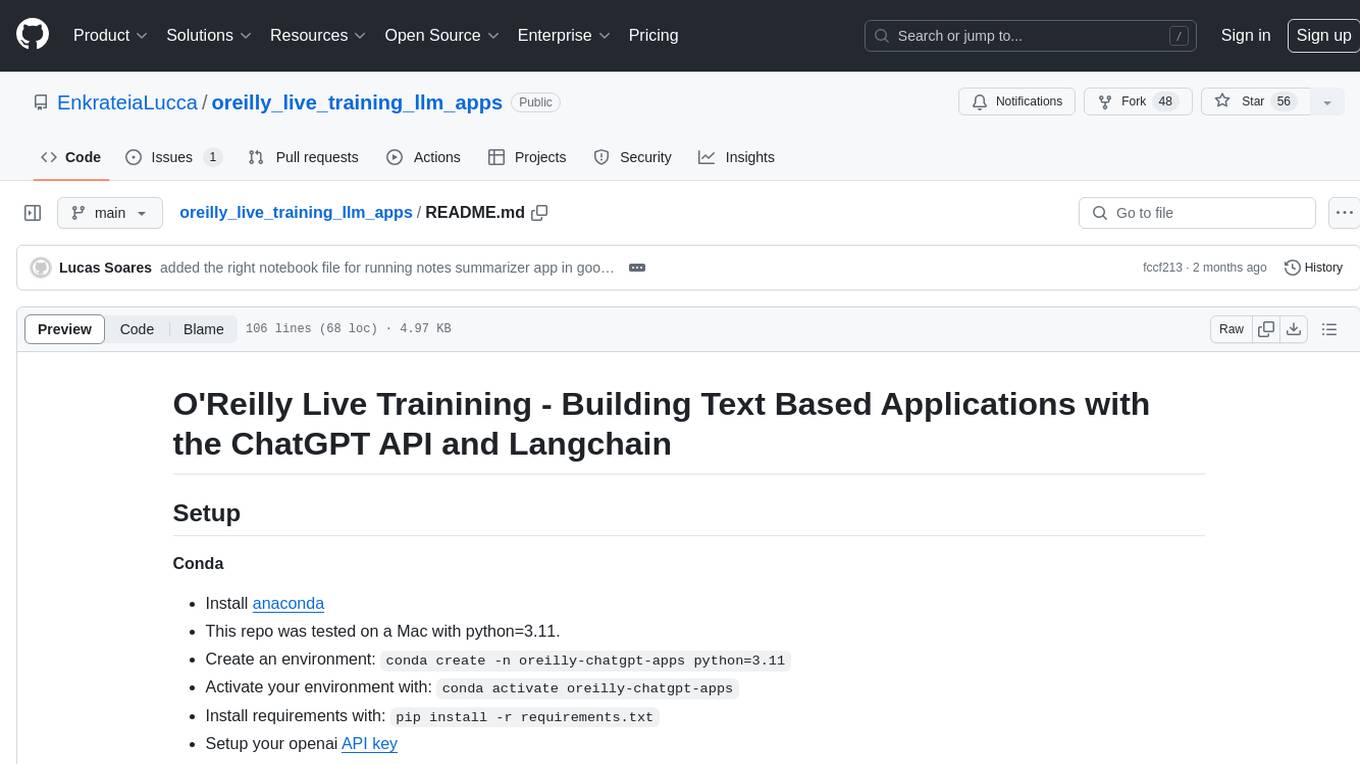
oreilly_live_training_llm_apps
This repository provides resources and notebooks for building text-based applications using the ChatGPT API and Langchain. It includes guides on prompt engineering, fine-tuning ChatGPT, using LangChain, and creating applications like a quiz generator and notes summarizer. The repository aims to help users understand and implement various natural language processing tasks with pre-trained language models.
20 - OpenAI Gpts
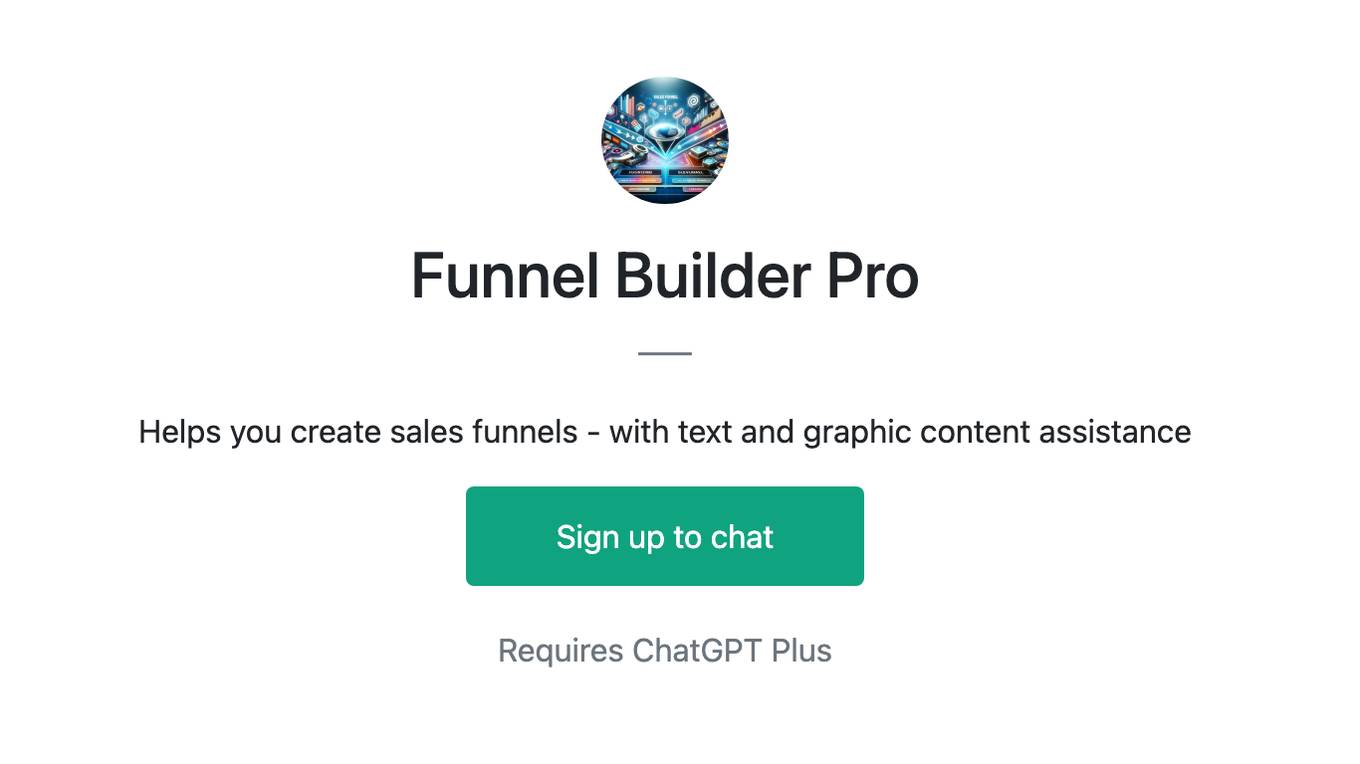
Funnel Builder Pro
Helps you create sales funnels - with text and graphic content assistance
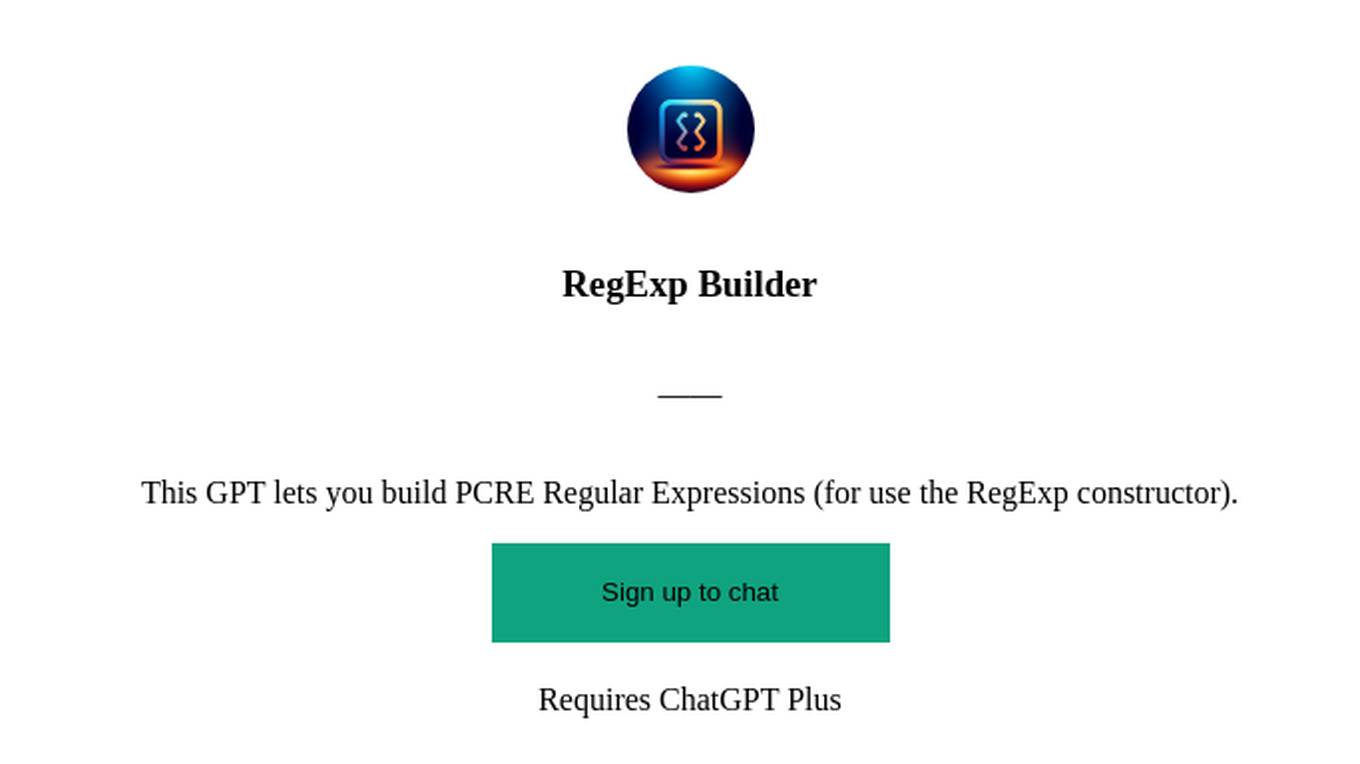
RegExp Builder
This GPT lets you build PCRE Regular Expressions (for use the RegExp constructor).
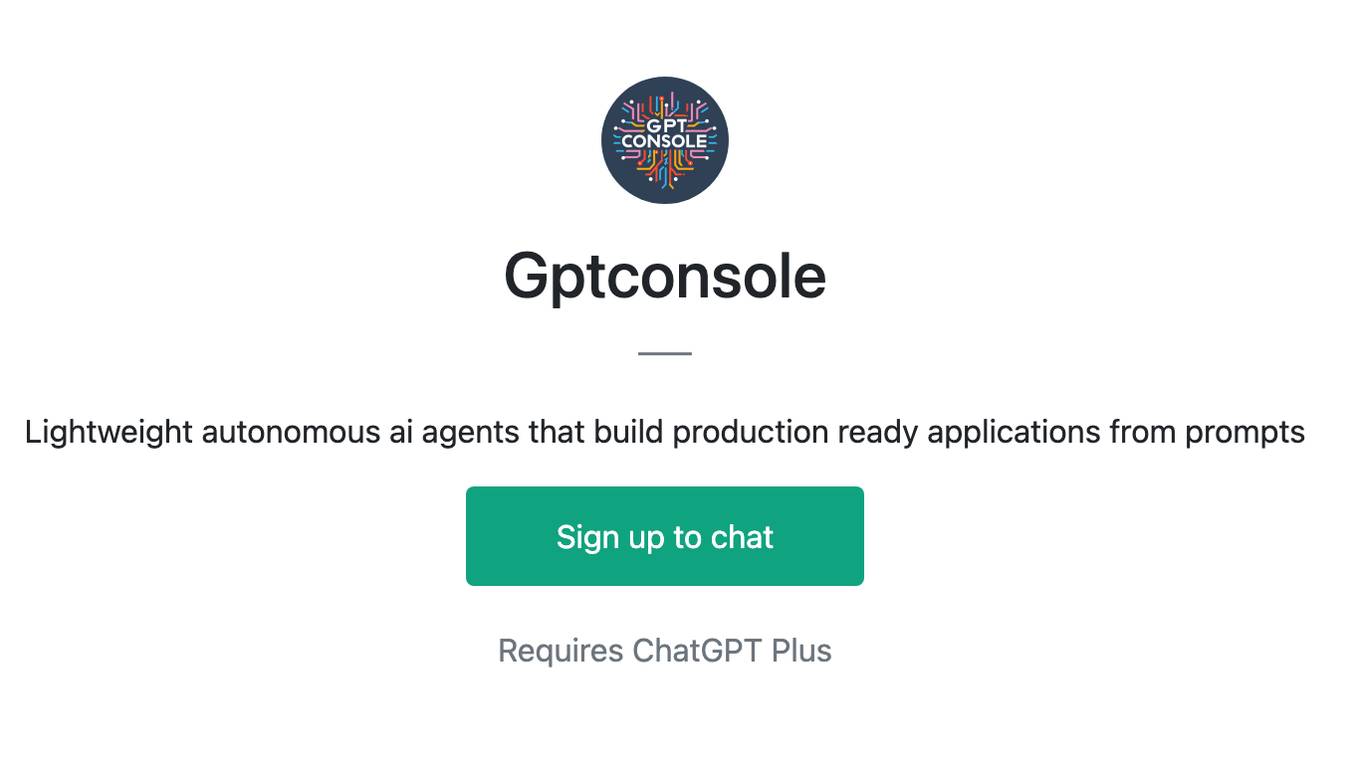
Gptconsole
Lightweight autonomous ai agents that build production ready applications from prompts
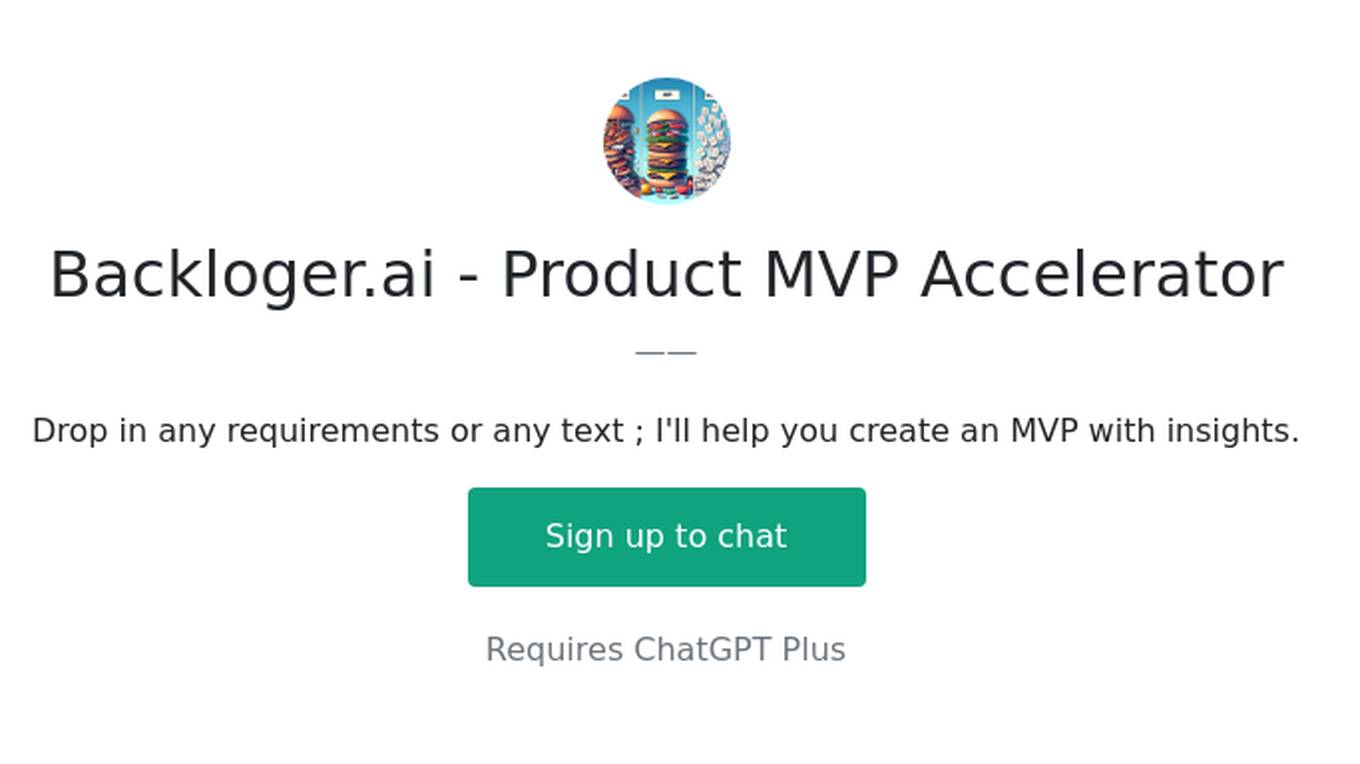
Backloger.ai - Product MVP Accelerator
Drop in any requirements or any text ; I'll help you create an MVP with insights.
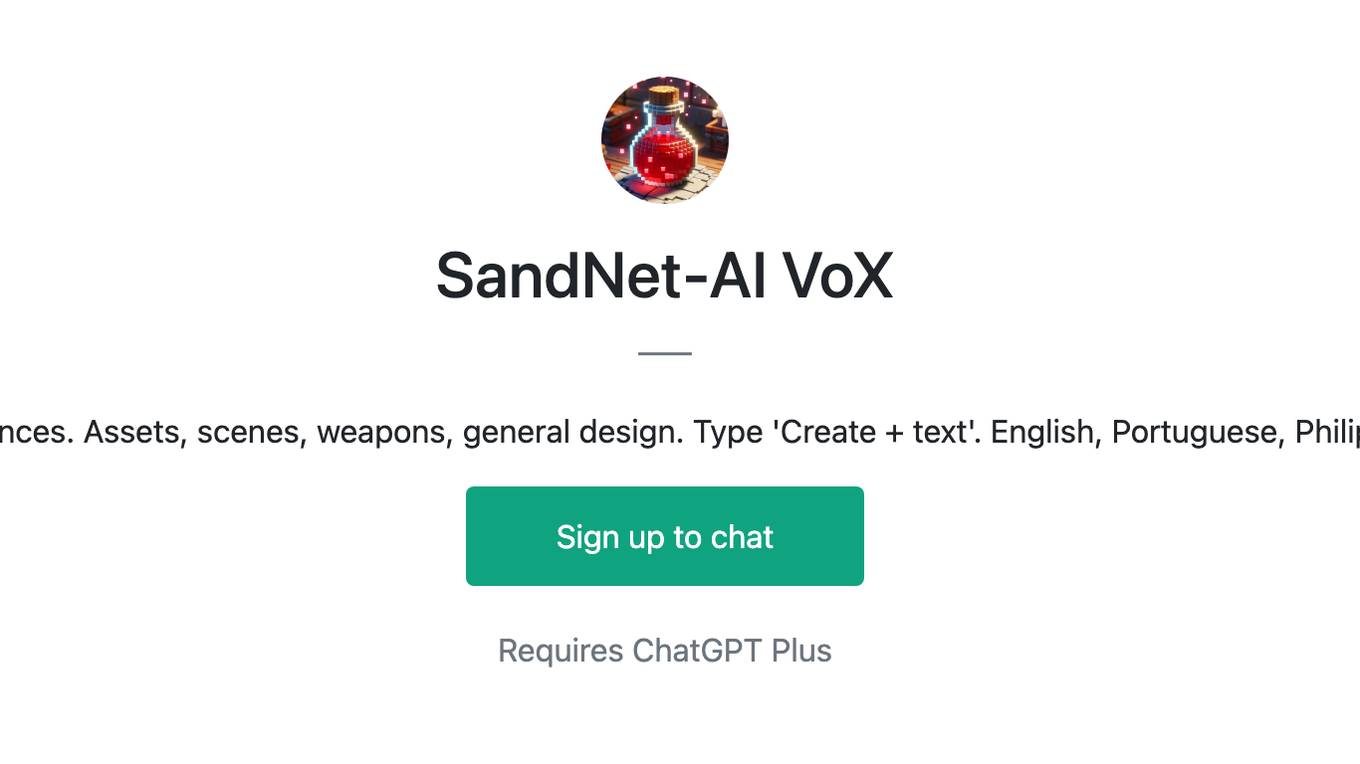
SandNet-AI VoX
Create voxel art references. Assets, scenes, weapons, general design. Type 'Create + text'. English, Portuguese, Philipines,..., +60 others.
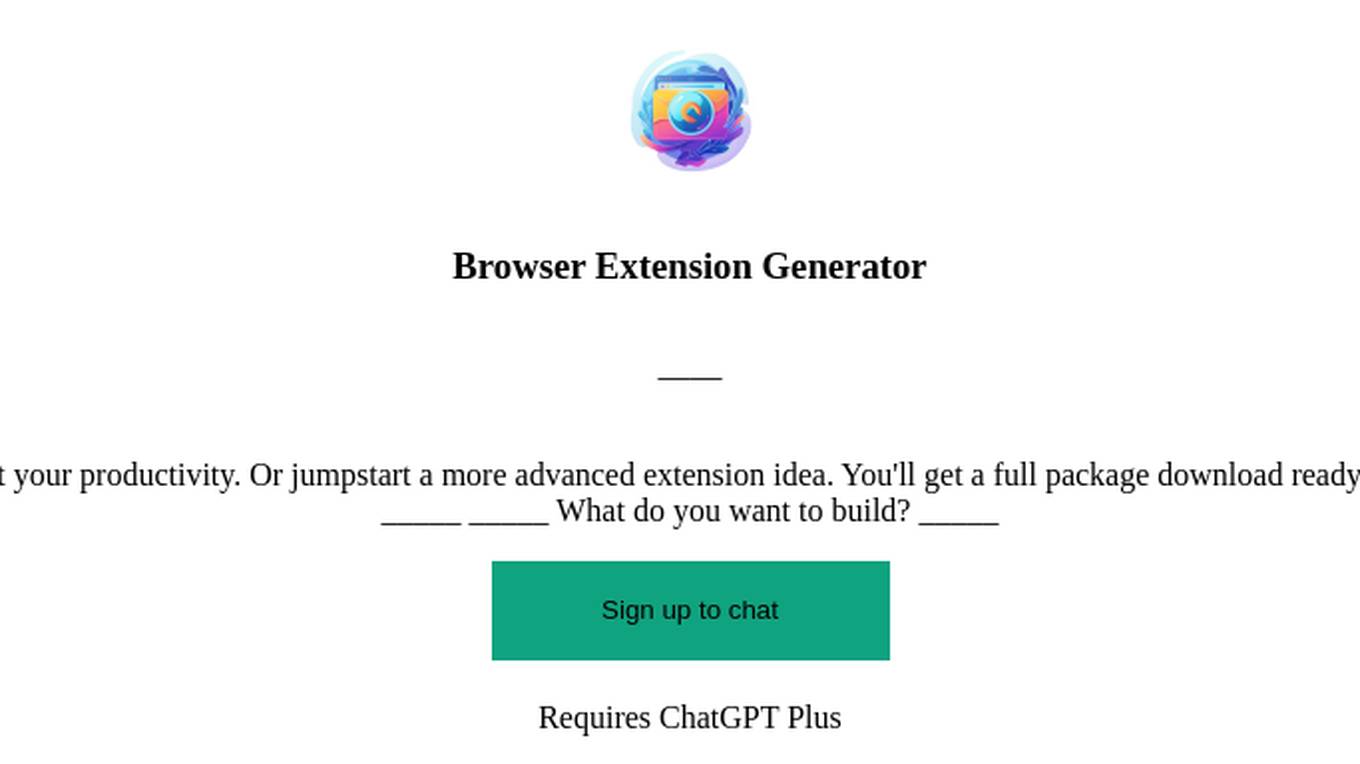
Browser Extension Generator
Create browser extensions for web tasks to boost your productivity. Or jumpstart a more advanced extension idea. You'll get a full package download ready to install in your Chrome or Edge browser. 📂 v1.2 _____ _____ What do you want to build? _____
